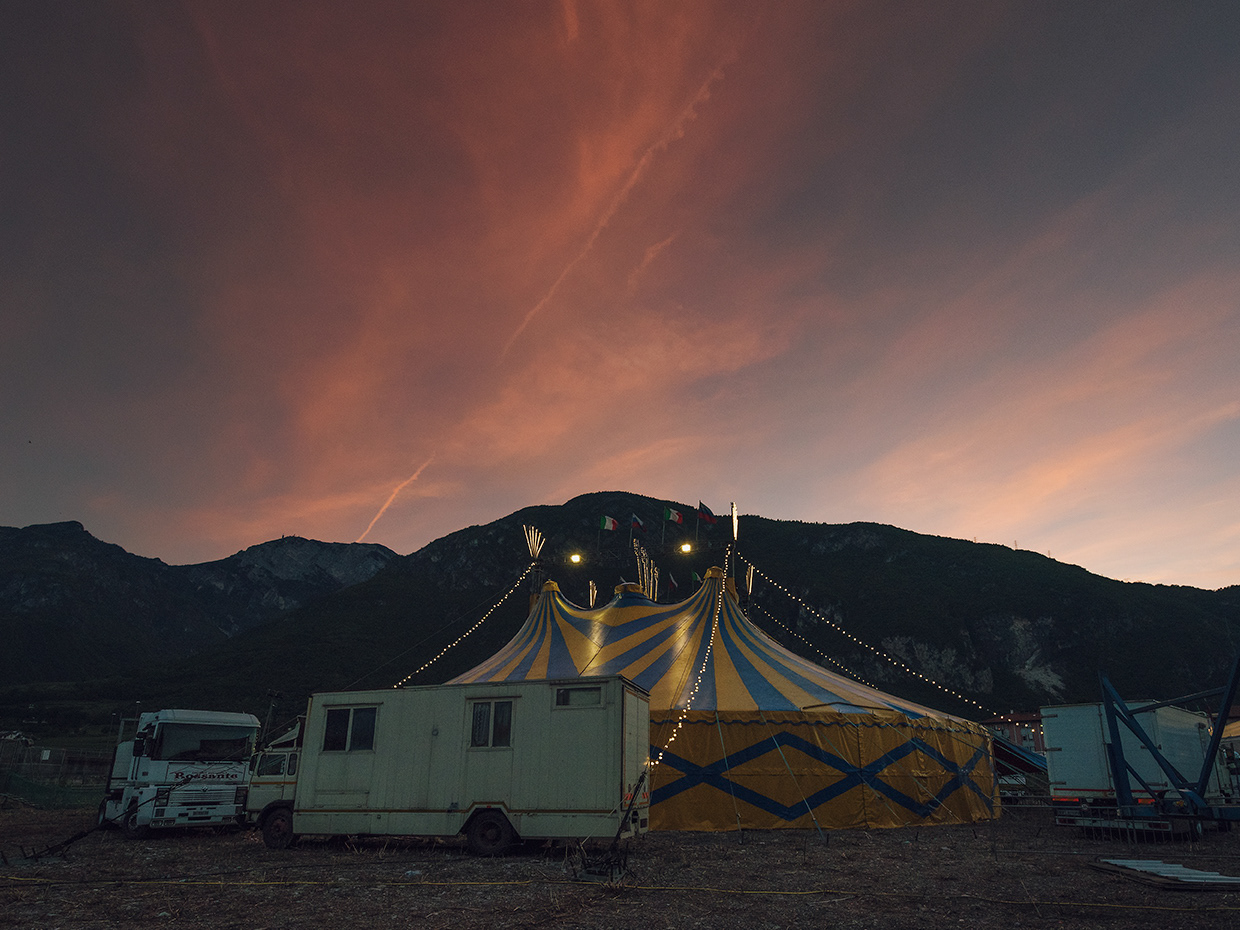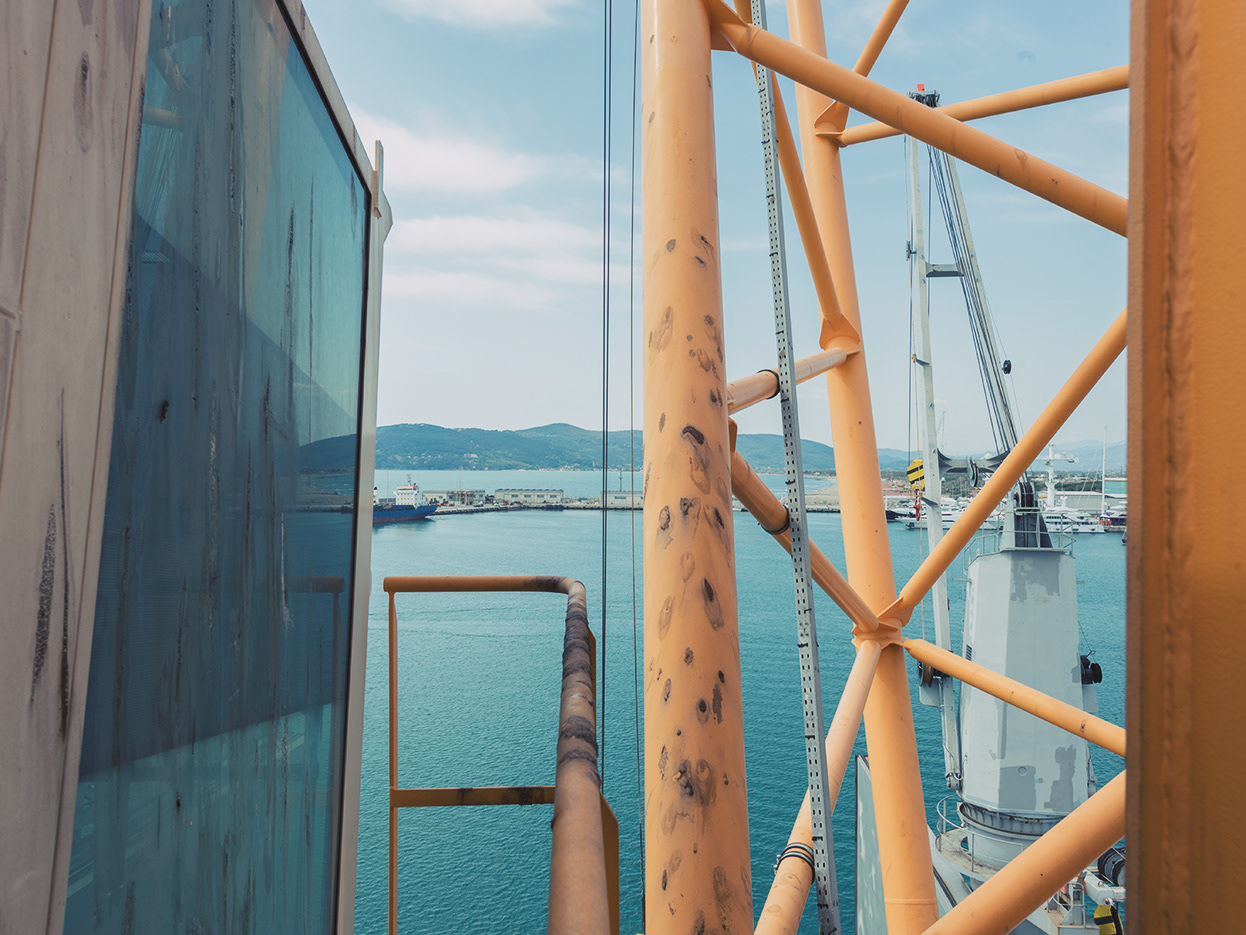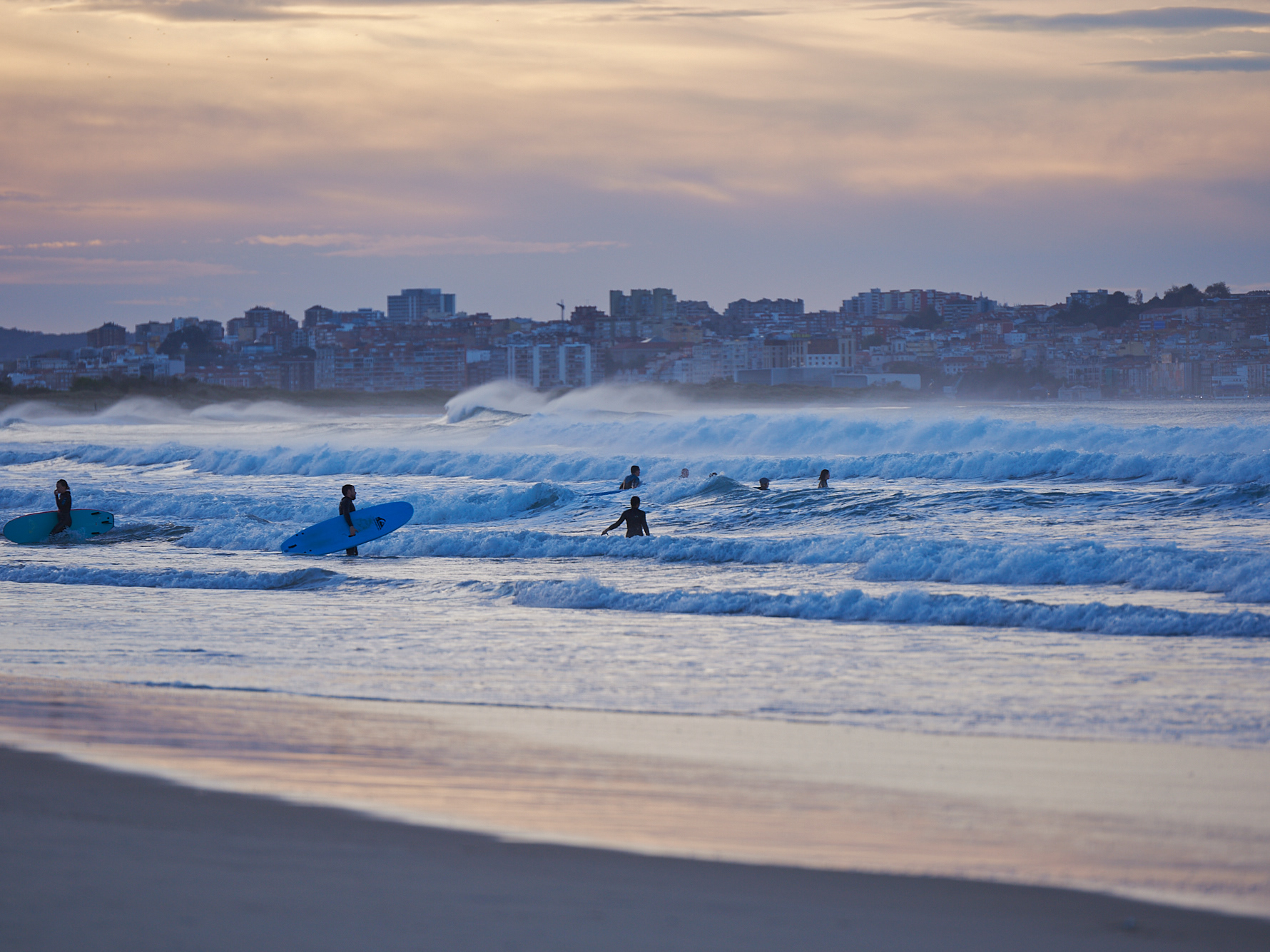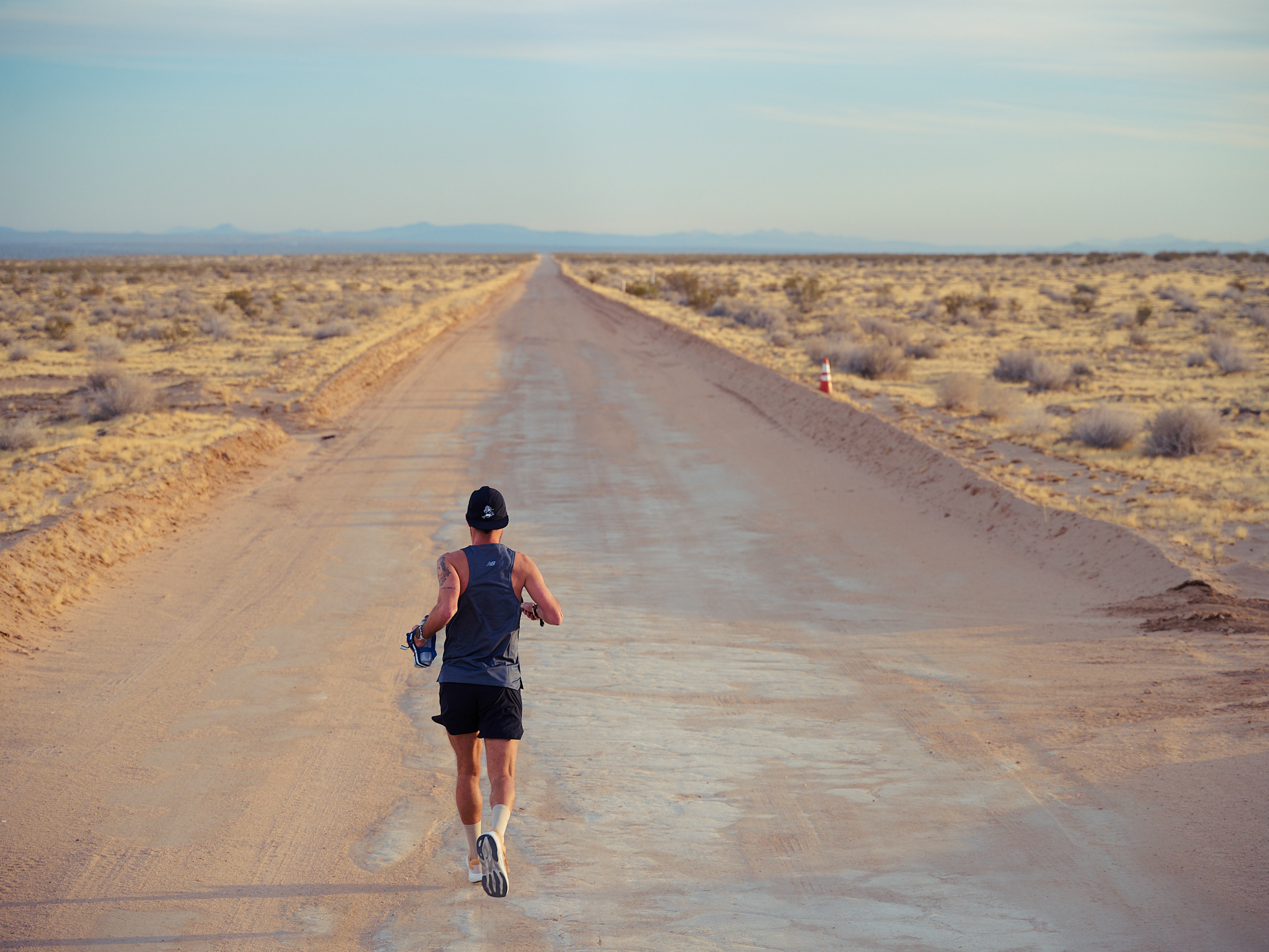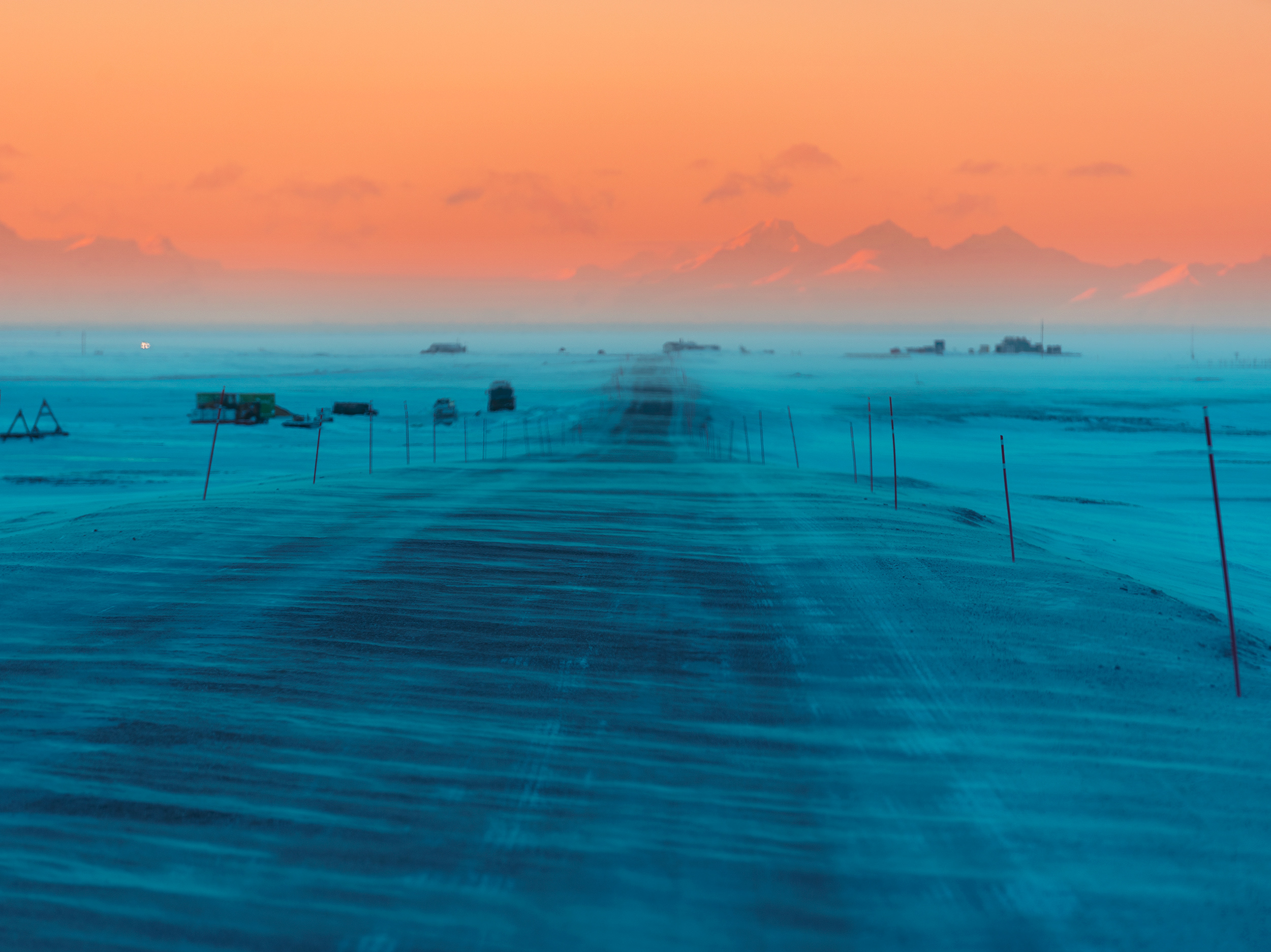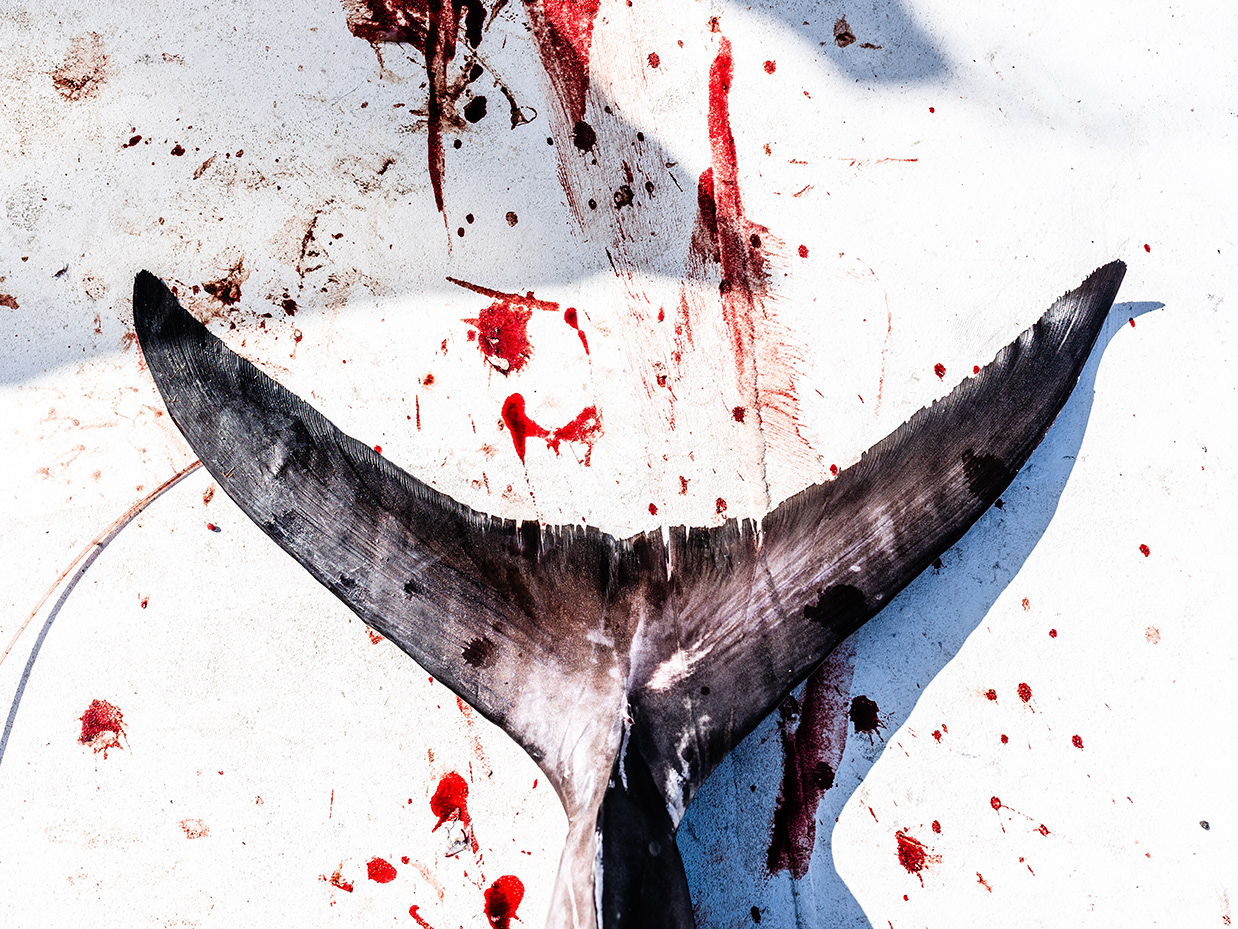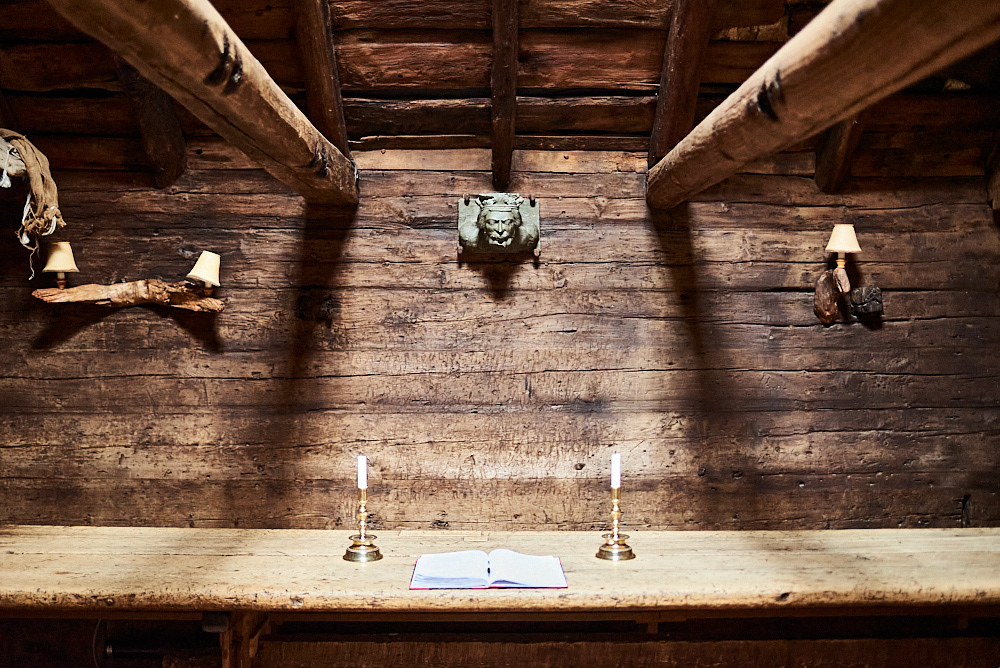
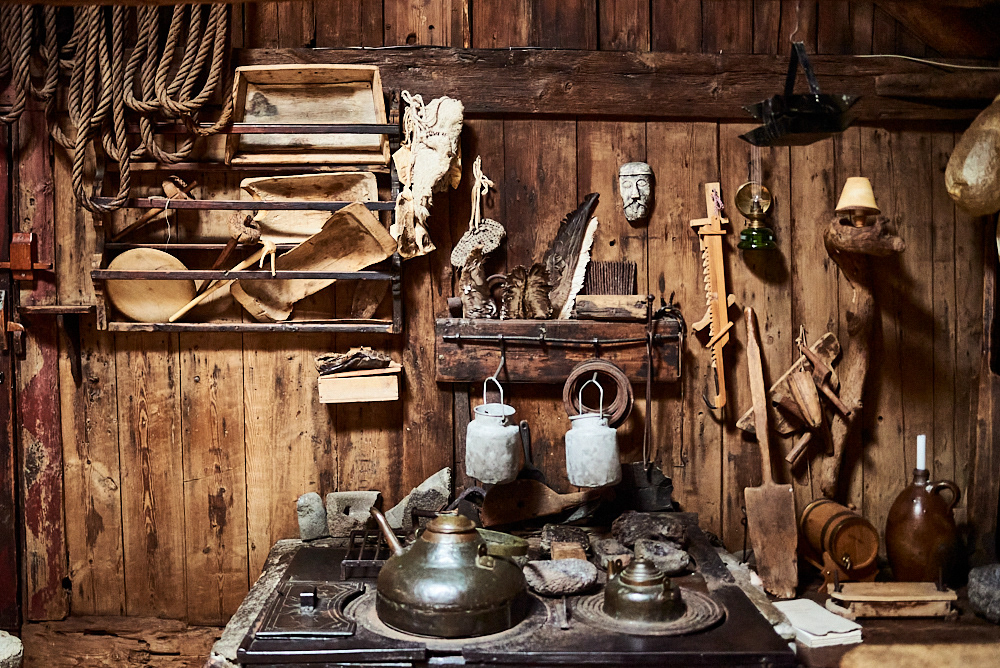
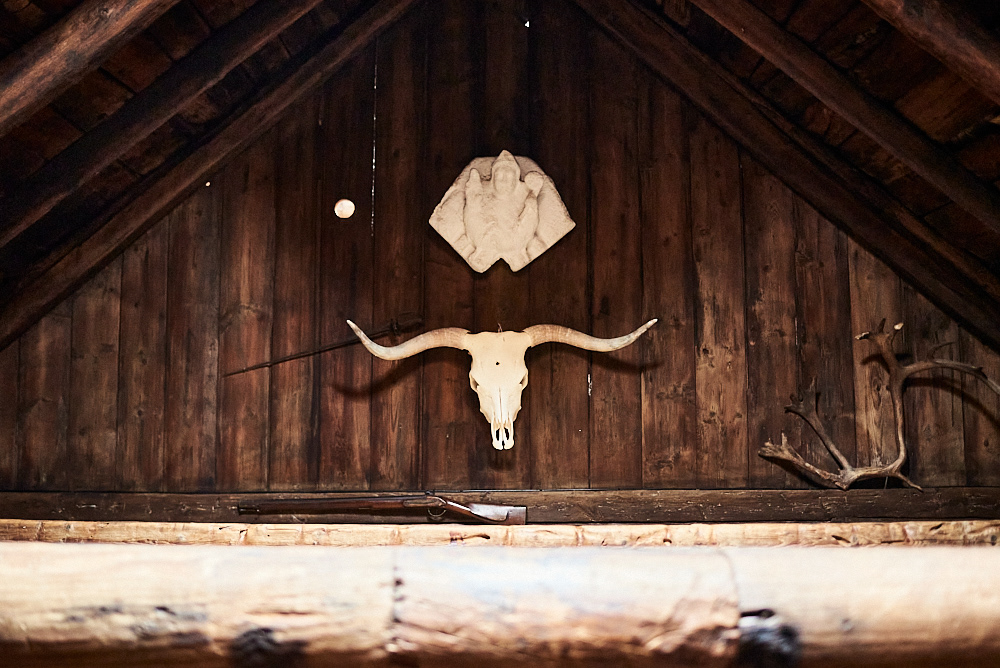
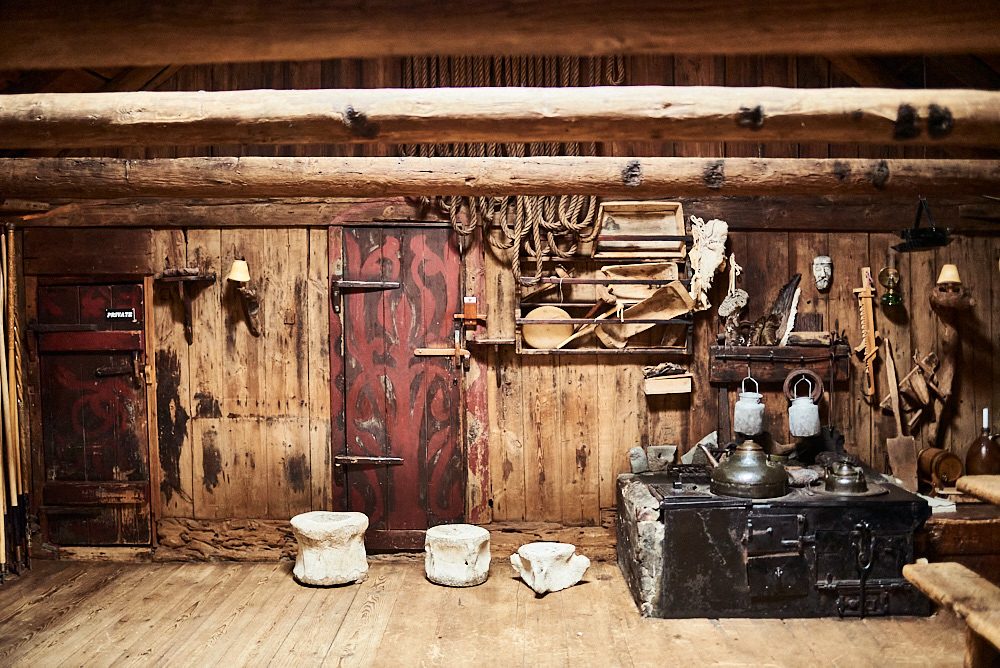
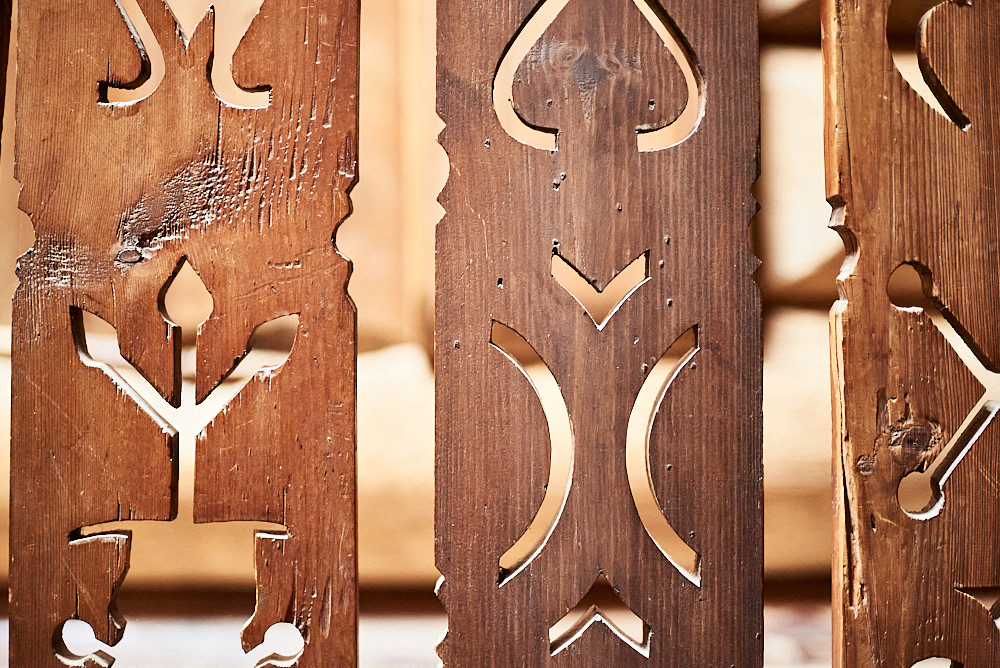
Pitni, 74 years old
Fisherman and whaler for all his life.
Born and raised in Vágur, Suduroy Island, Faroe Islands. Where his boat is moored, the historic Johanna, a 22-metre sailing ship, built in 1884, served in the North Seas transporting fish from Iceland to Great Britain until the 1970s, escaping unscathed from the ravages of war.
Pitni lived most of his life at sea, on that boat. He sailed for months, around Norway, Svalbard, Greenland. His job was fundamental, cod, salmon, large quantities of shrimp were caught and when the currents and luck turned in the right direction, whales were found.
The traditional hunting method made it possible to waste almost nothing, the meat was rich in calories and the fat had multiple processes. Today Pitni sails around the Faroe Islands, he still works to bring fish to his family, when it happens that some whales arrive in the fjord, the population goes out and celebrates, it is tradition, the meat is still considered a delicacy.
Fisherman and whaler for all his life.
Born and raised in Vágur, Suduroy Island, Faroe Islands. Where his boat is moored, the historic Johanna, a 22-metre sailing ship, built in 1884, served in the North Seas transporting fish from Iceland to Great Britain until the 1970s, escaping unscathed from the ravages of war.
Pitni lived most of his life at sea, on that boat. He sailed for months, around Norway, Svalbard, Greenland. His job was fundamental, cod, salmon, large quantities of shrimp were caught and when the currents and luck turned in the right direction, whales were found.
The traditional hunting method made it possible to waste almost nothing, the meat was rich in calories and the fat had multiple processes. Today Pitni sails around the Faroe Islands, he still works to bring fish to his family, when it happens that some whales arrive in the fjord, the population goes out and celebrates, it is tradition, the meat is still considered a delicacy.
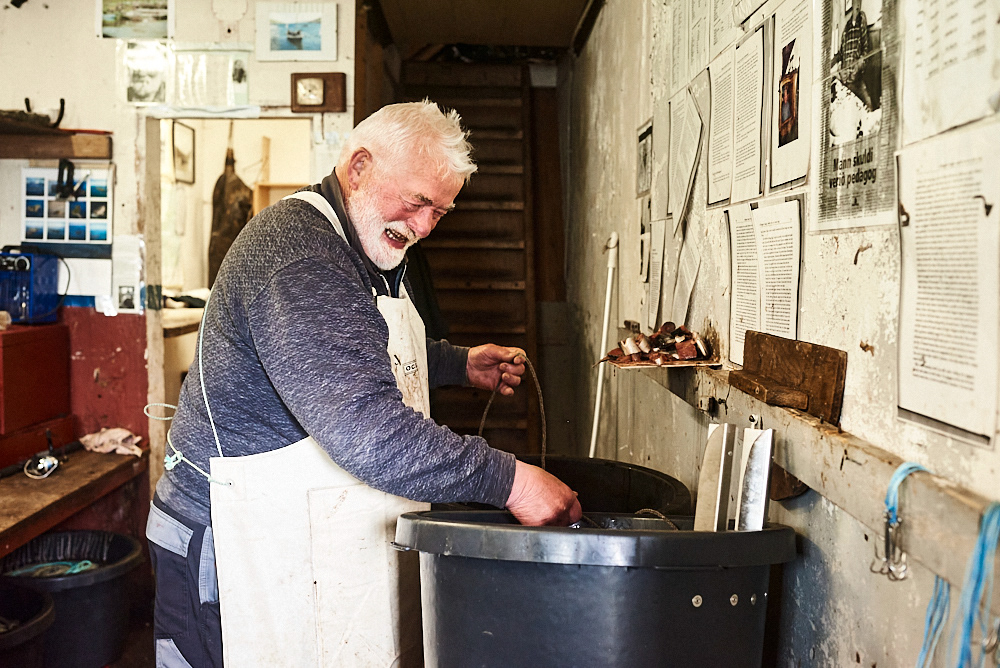
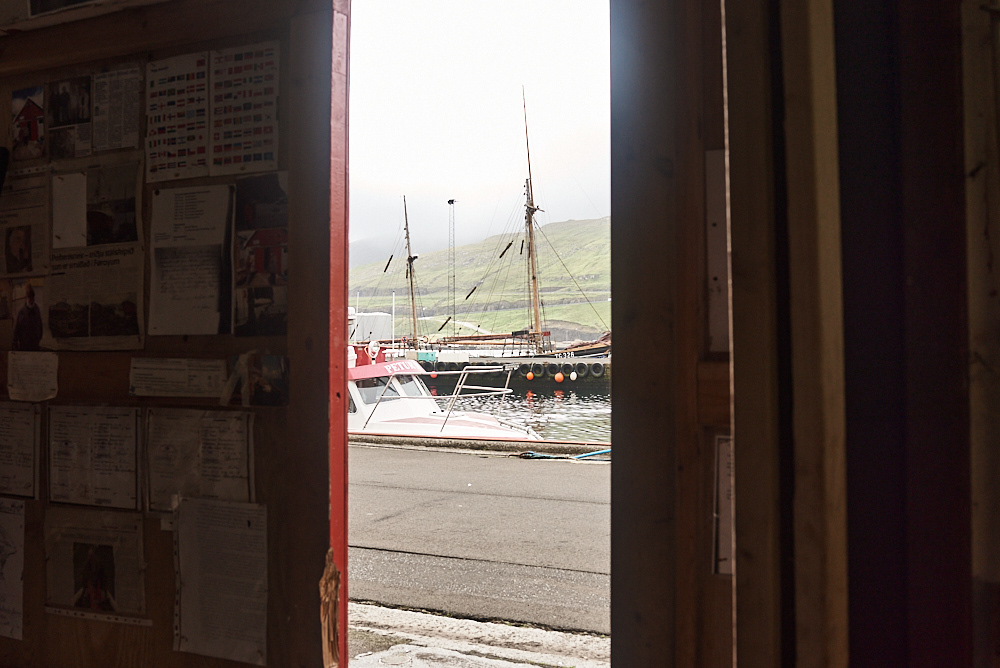
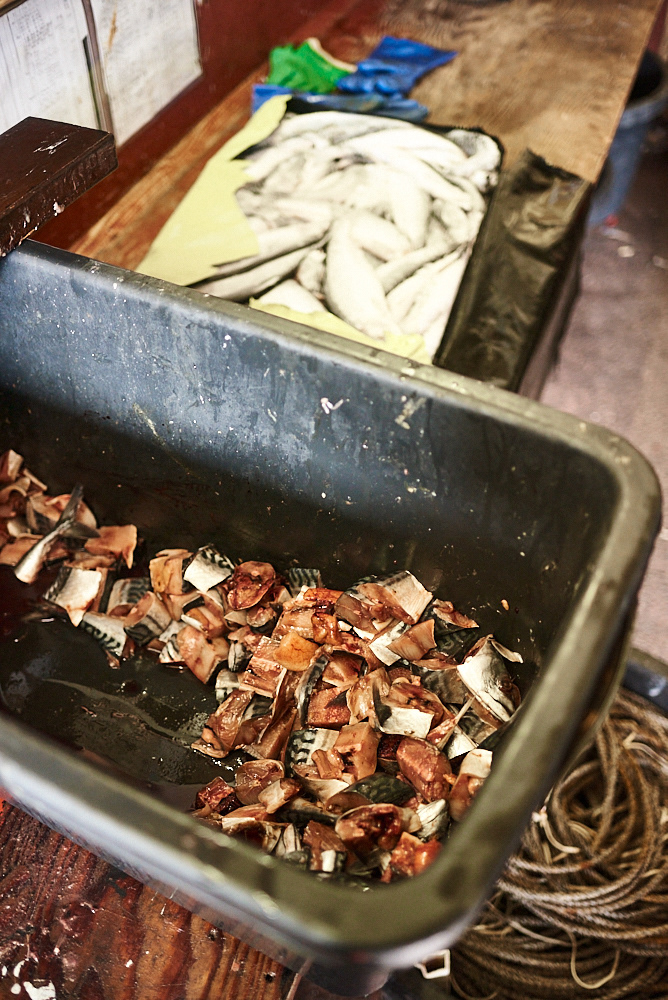
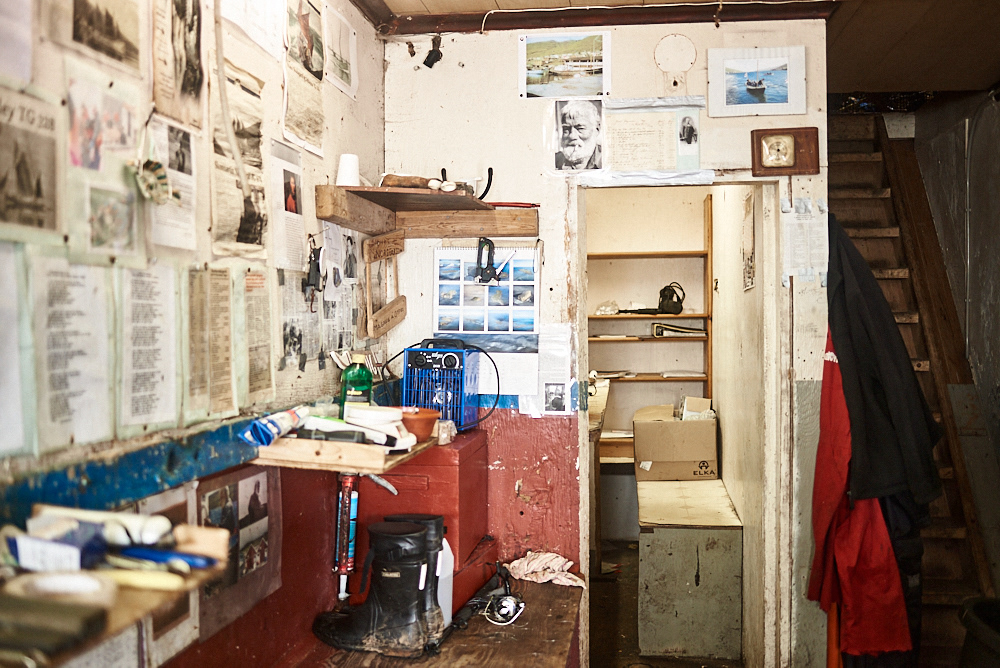
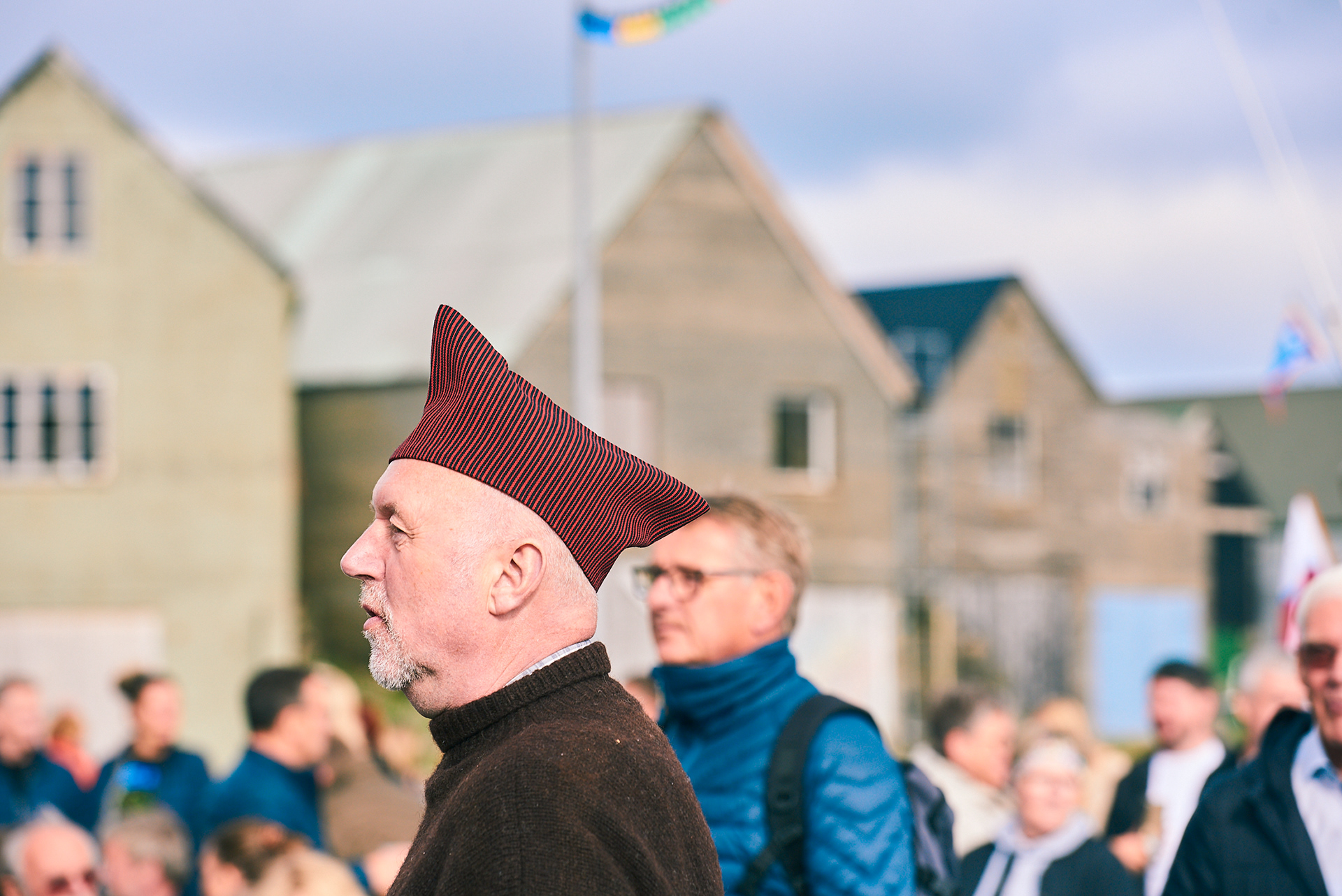
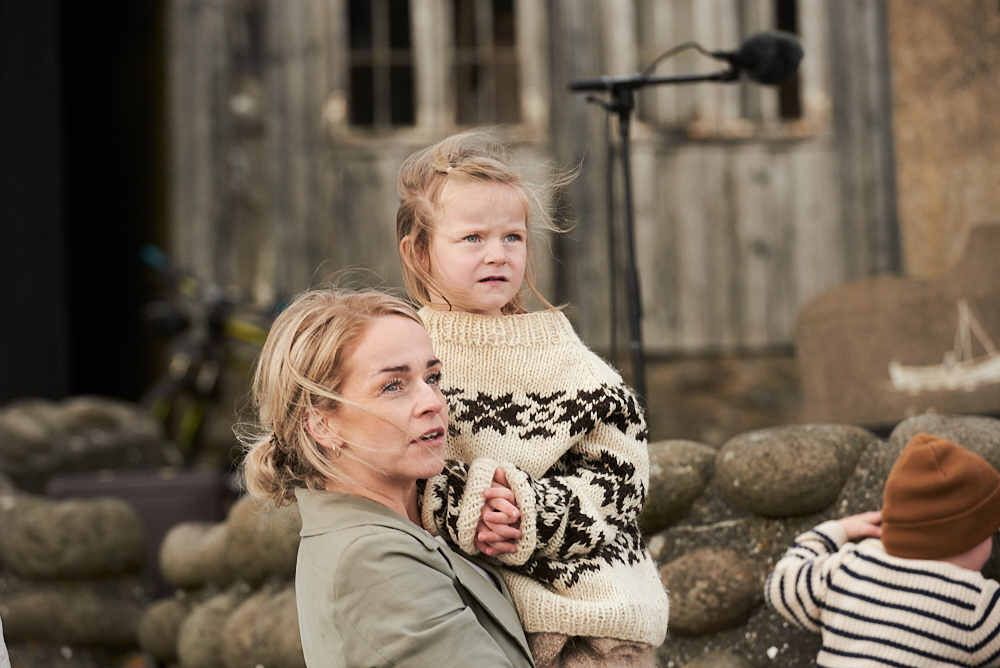
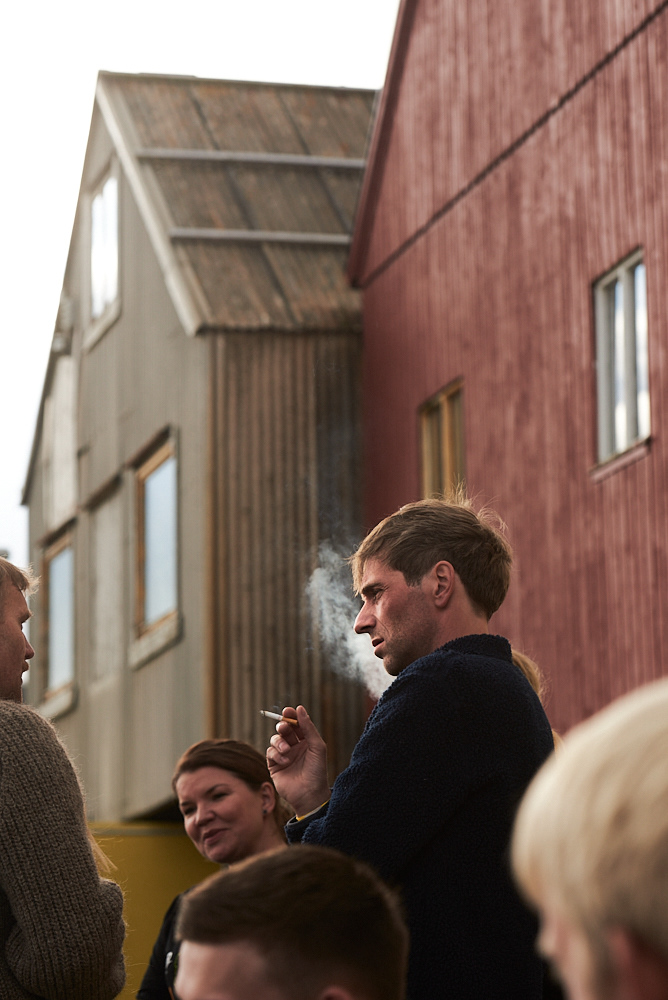

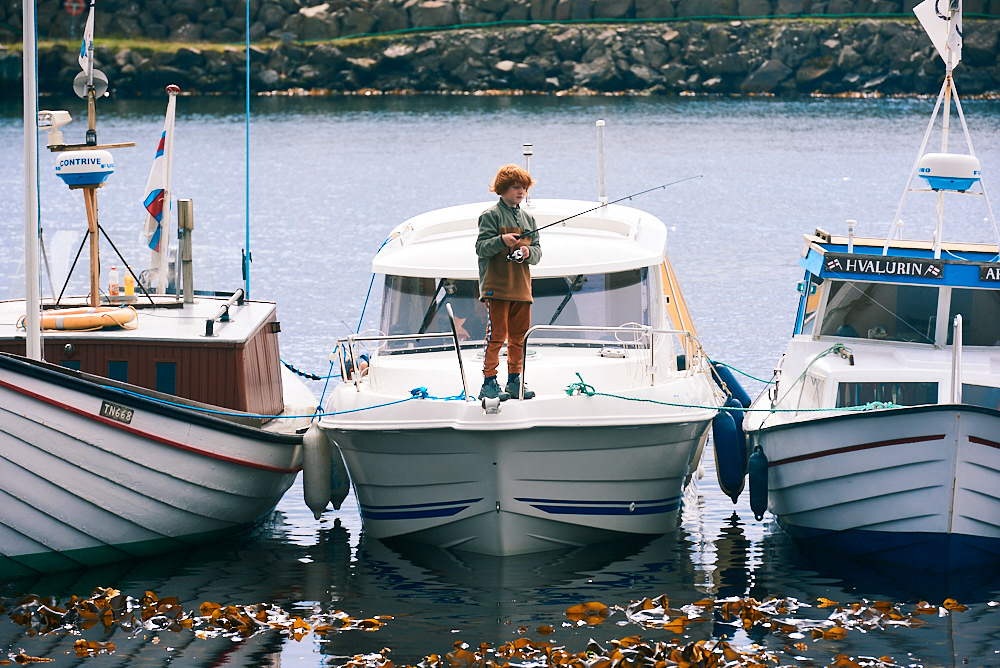
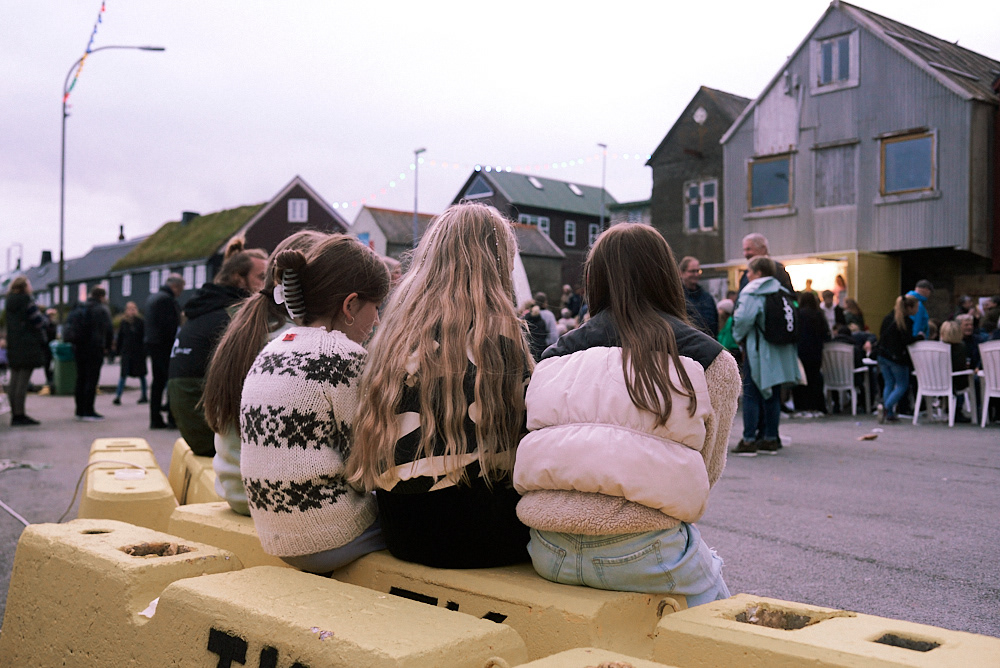
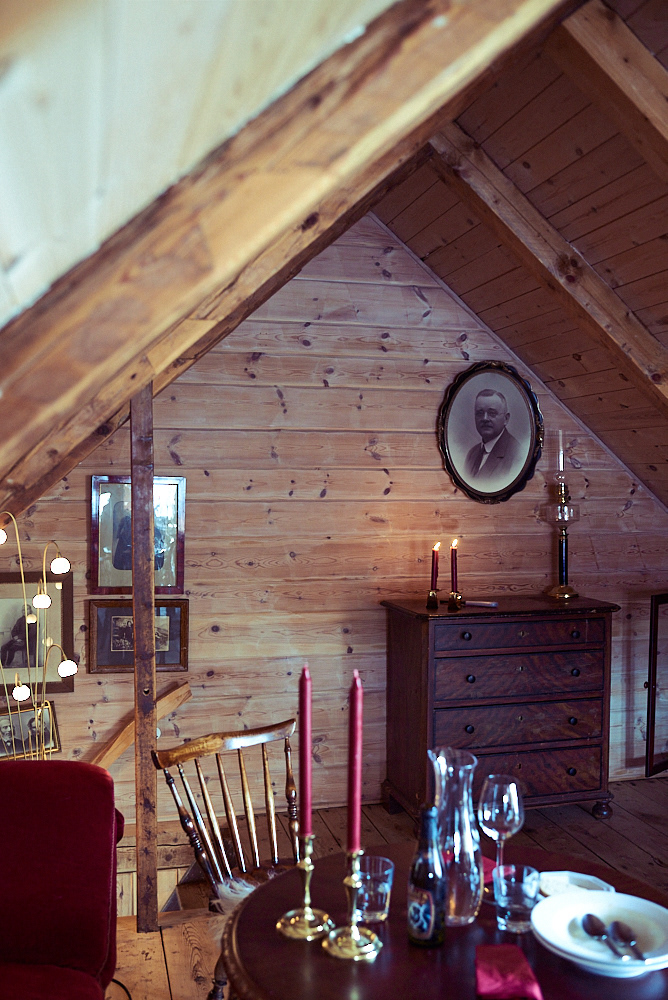
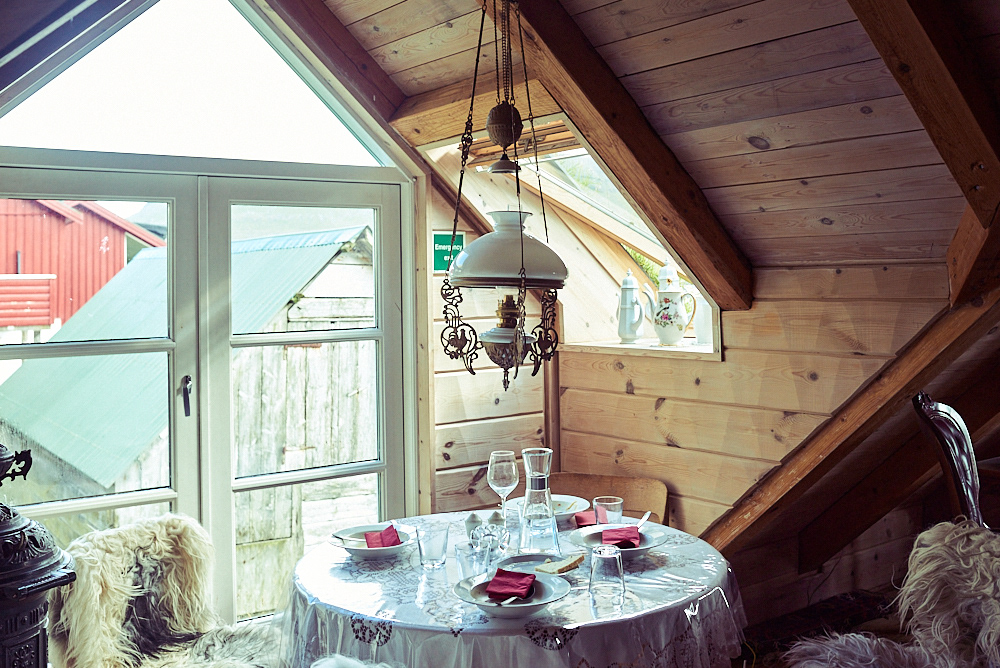

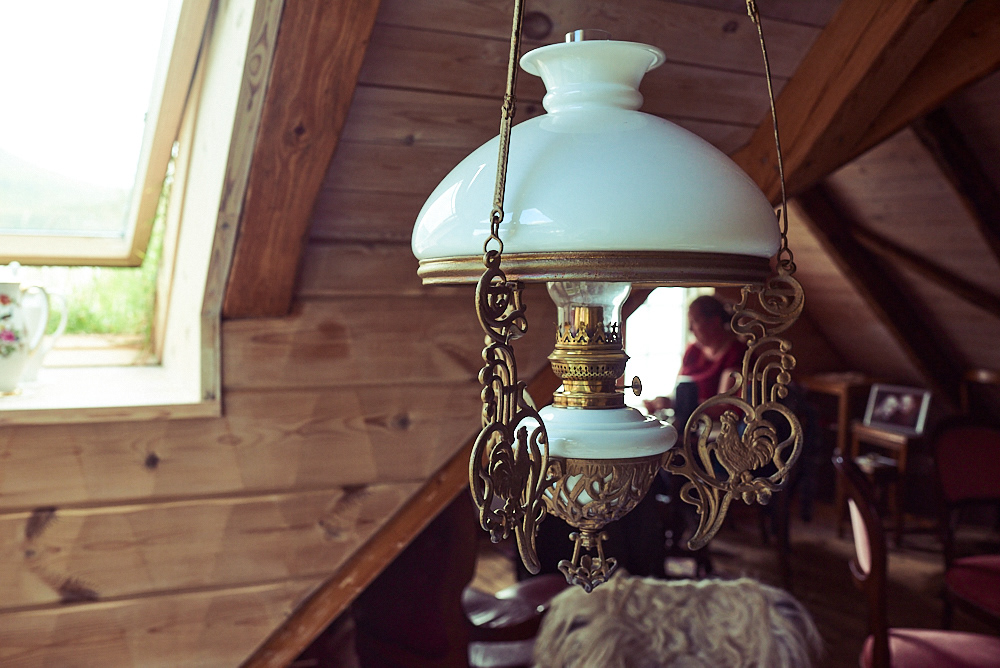
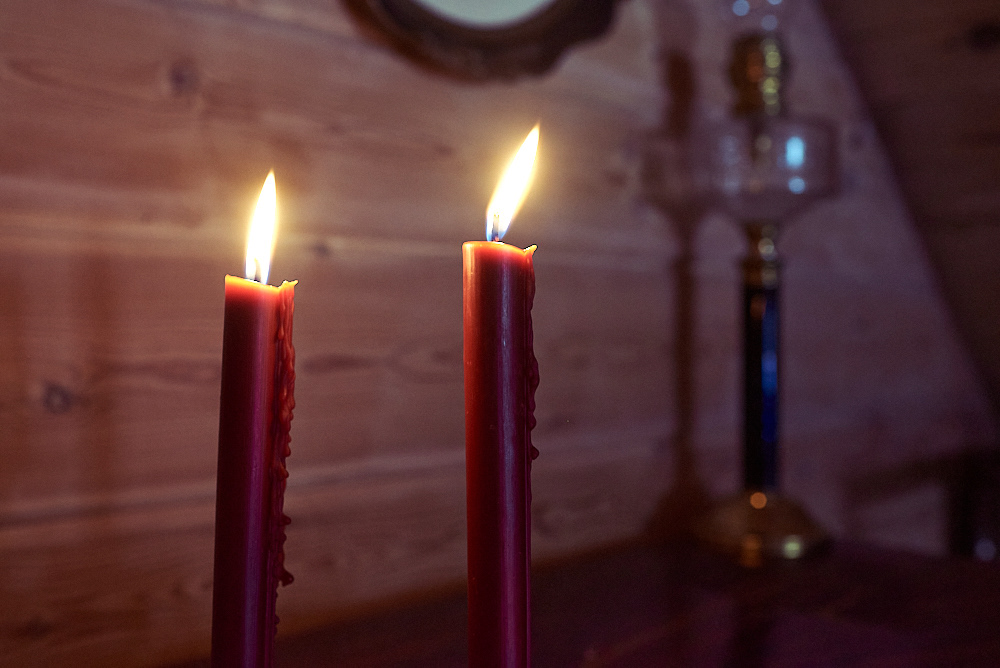
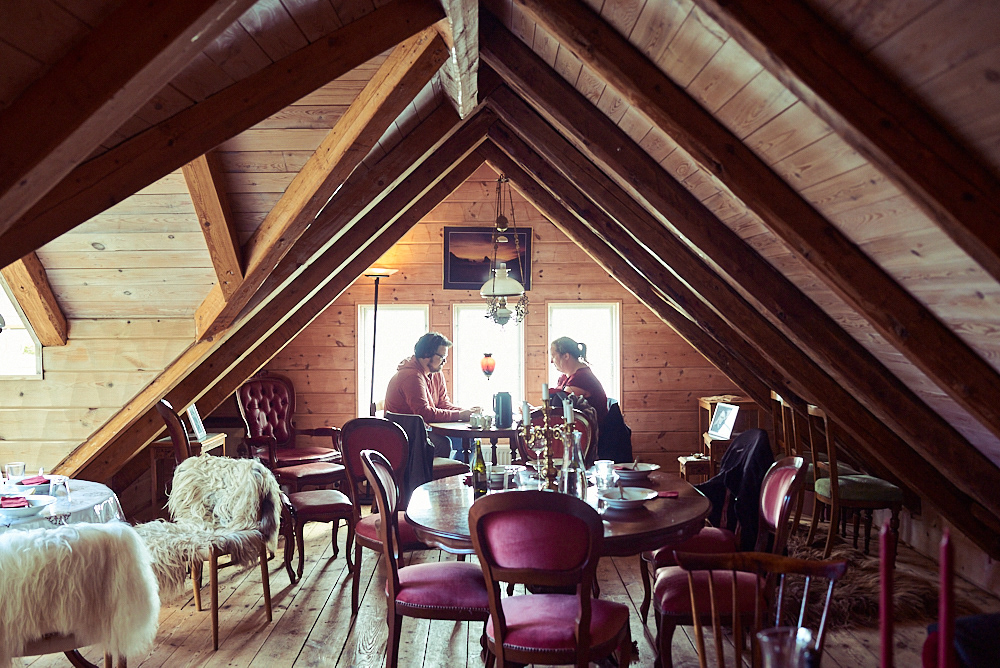


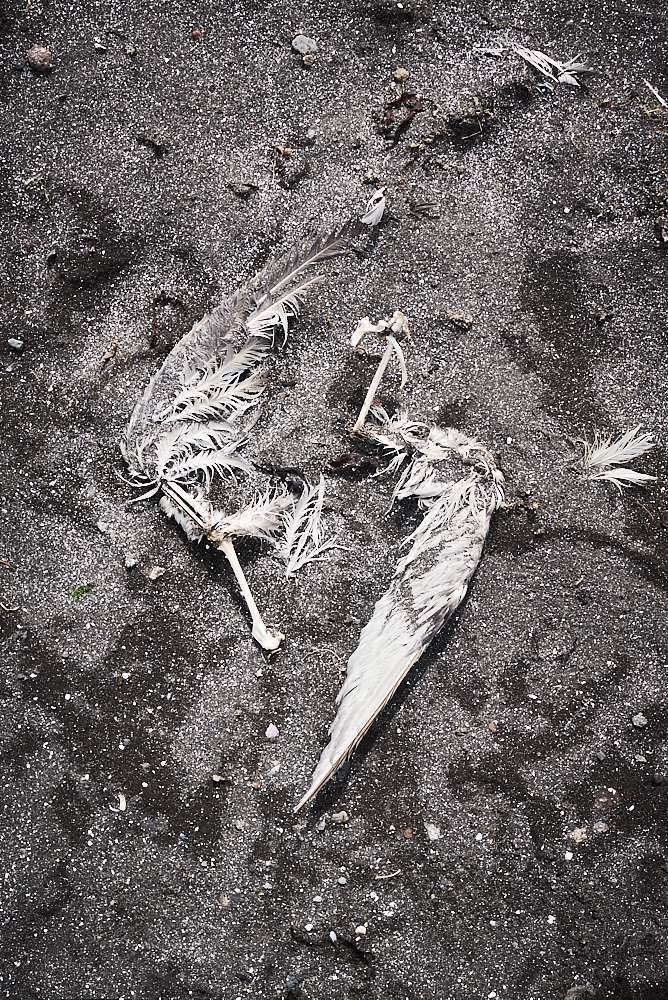
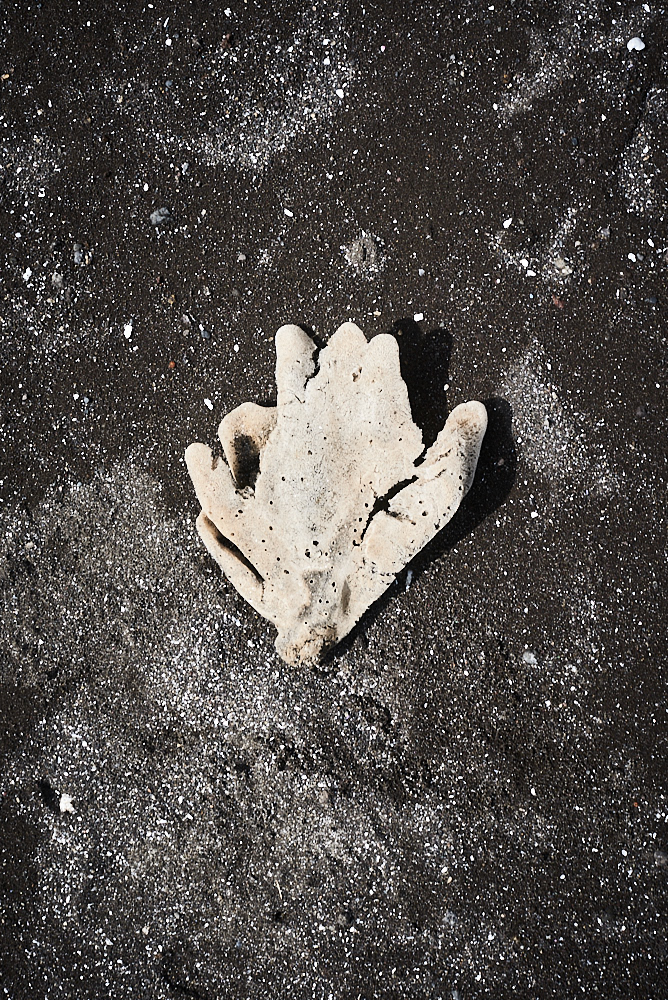
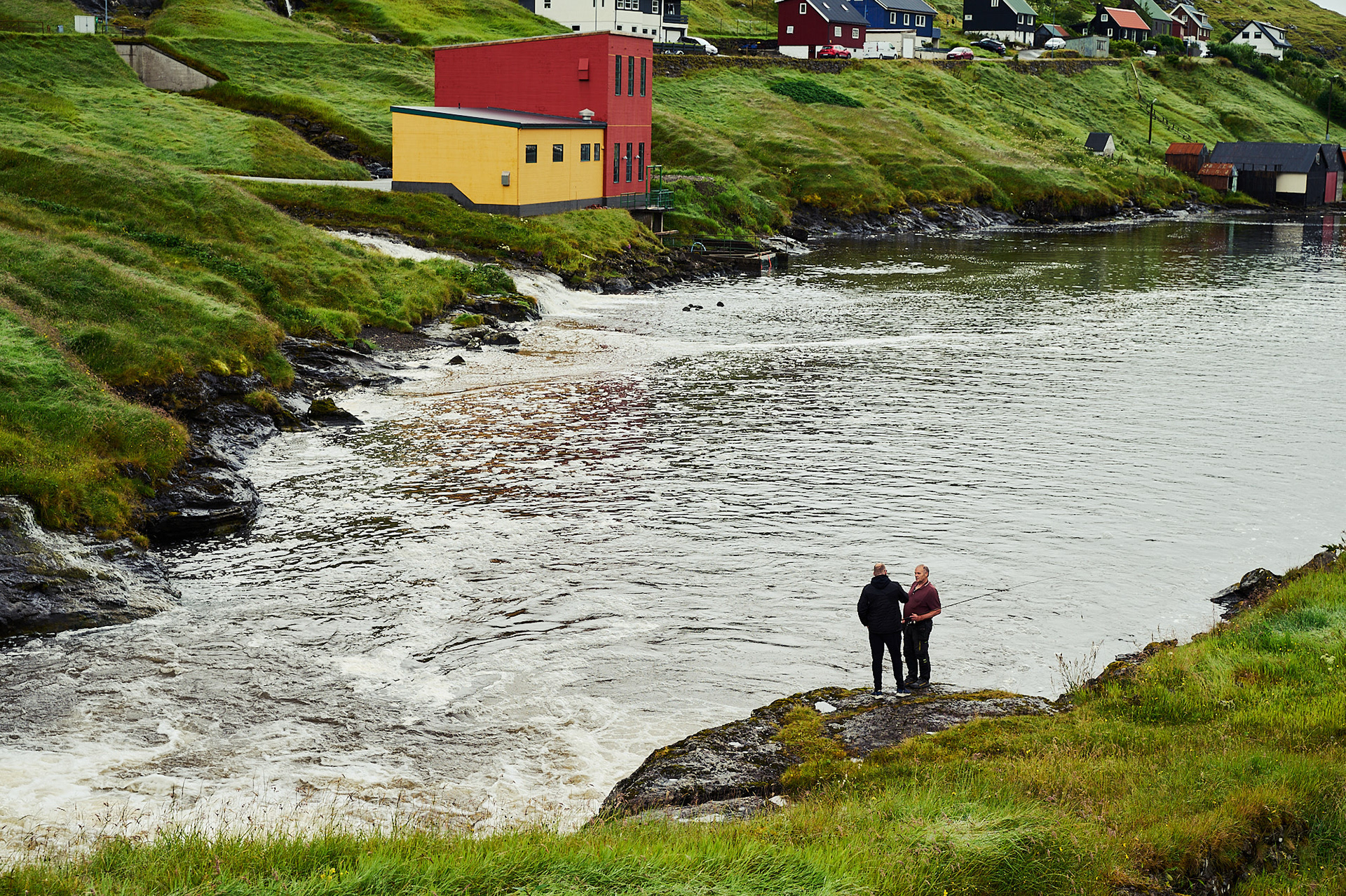
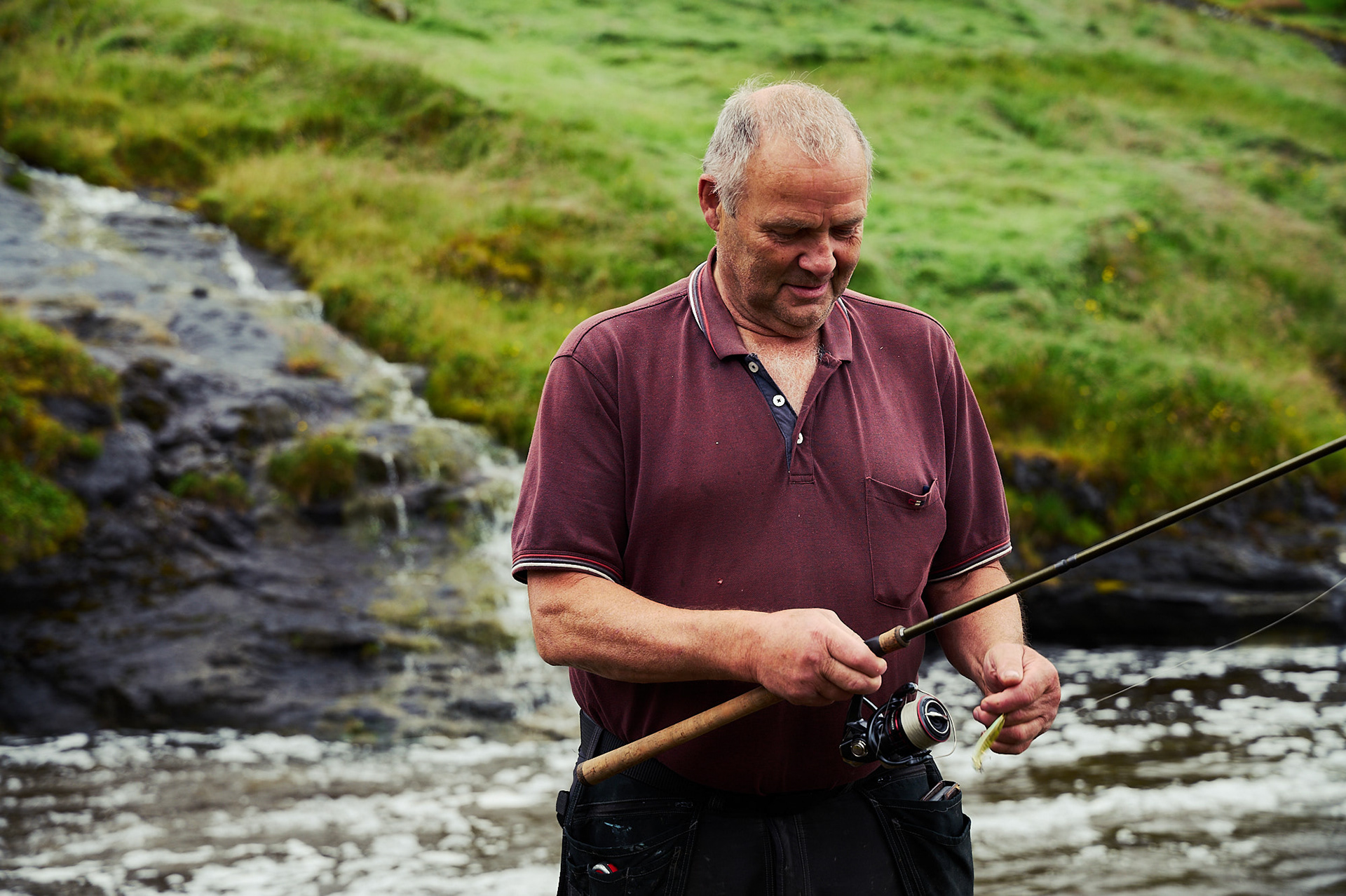
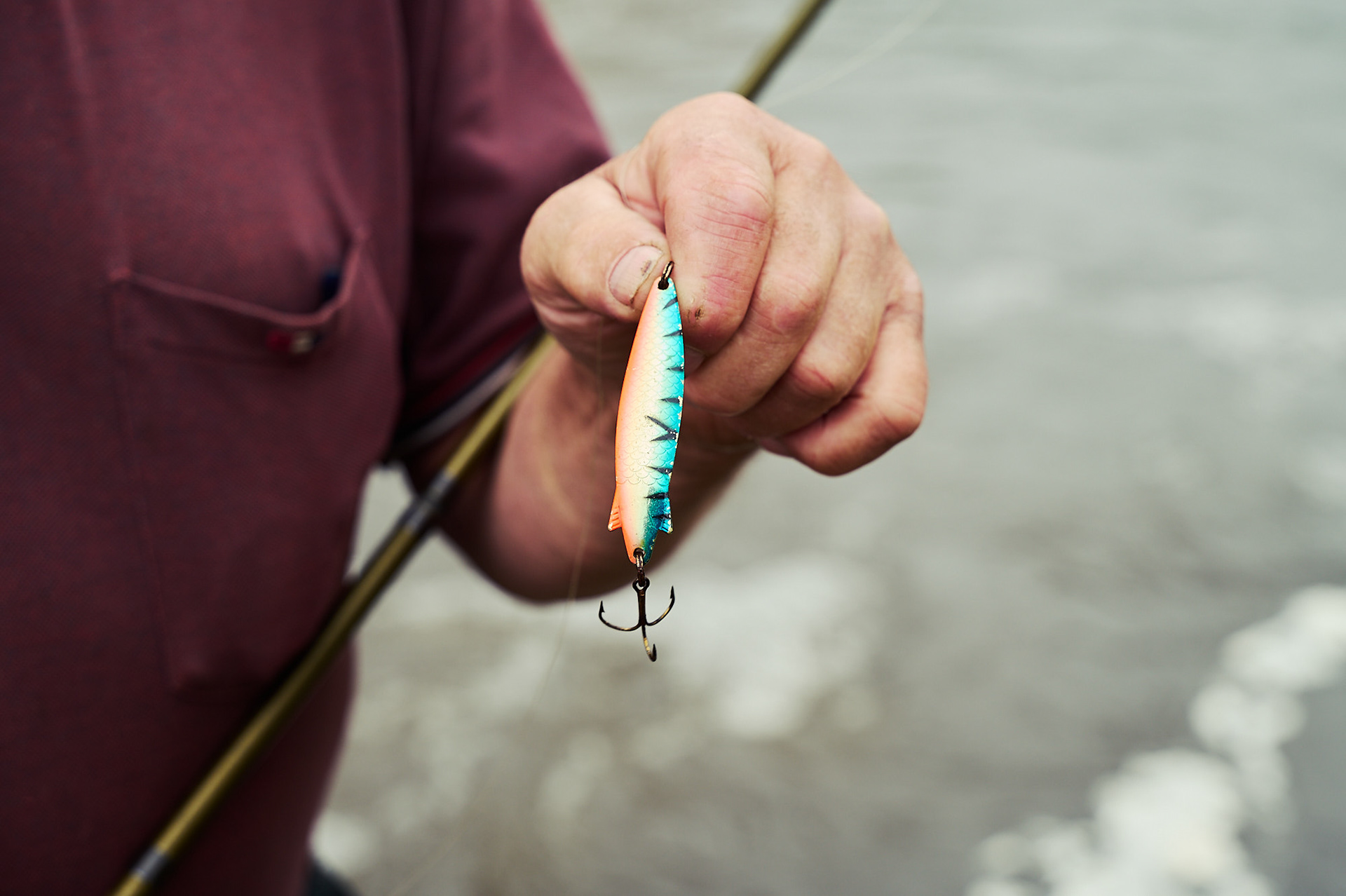
Ólavsøka Festival
It is the Faroese national holiday, it commemorates the death of King Olaf of Norway, during the Middle Ages.
It is celebrated with traditional Faroese clothes, but typical clothes from other cultures are also appreciated if you find yourself in the Faroes for tourism or for a prolonged stay.
In the capital Torshavn, it is celebrated with artistic exhibitions and sports events, such as the boat race, rowing is a national sport and the boats are built following the traditional Viking design.
The chain dance is the closing activity of the days of celebration, in the main square at midnight the Faroese meet to sing folk music and close themselves in a big hug, capable of lasting hours.
It is celebrated with traditional Faroese clothes, but typical clothes from other cultures are also appreciated if you find yourself in the Faroes for tourism or for a prolonged stay.
In the capital Torshavn, it is celebrated with artistic exhibitions and sports events, such as the boat race, rowing is a national sport and the boats are built following the traditional Viking design.
The chain dance is the closing activity of the days of celebration, in the main square at midnight the Faroese meet to sing folk music and close themselves in a big hug, capable of lasting hours.
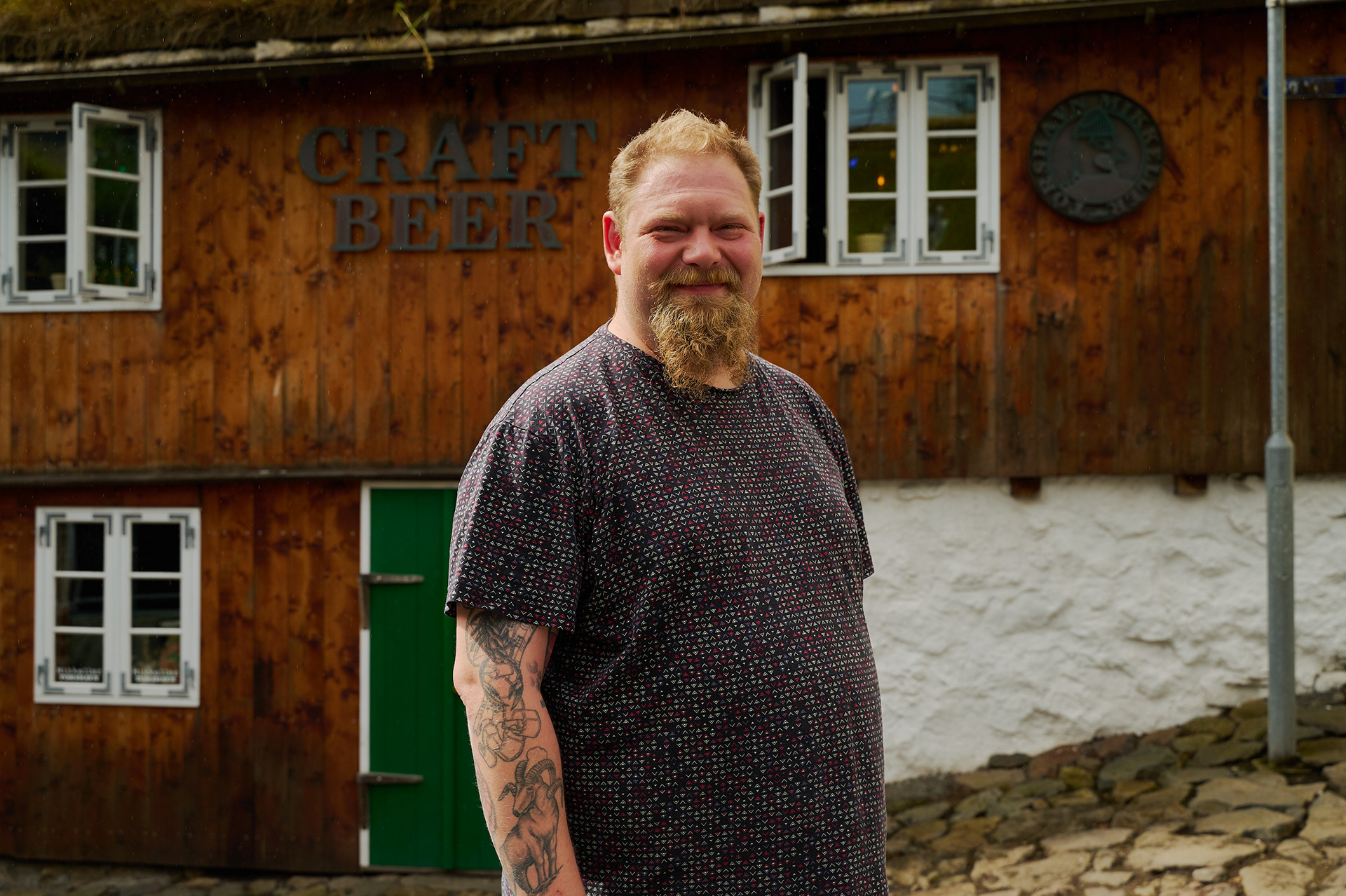

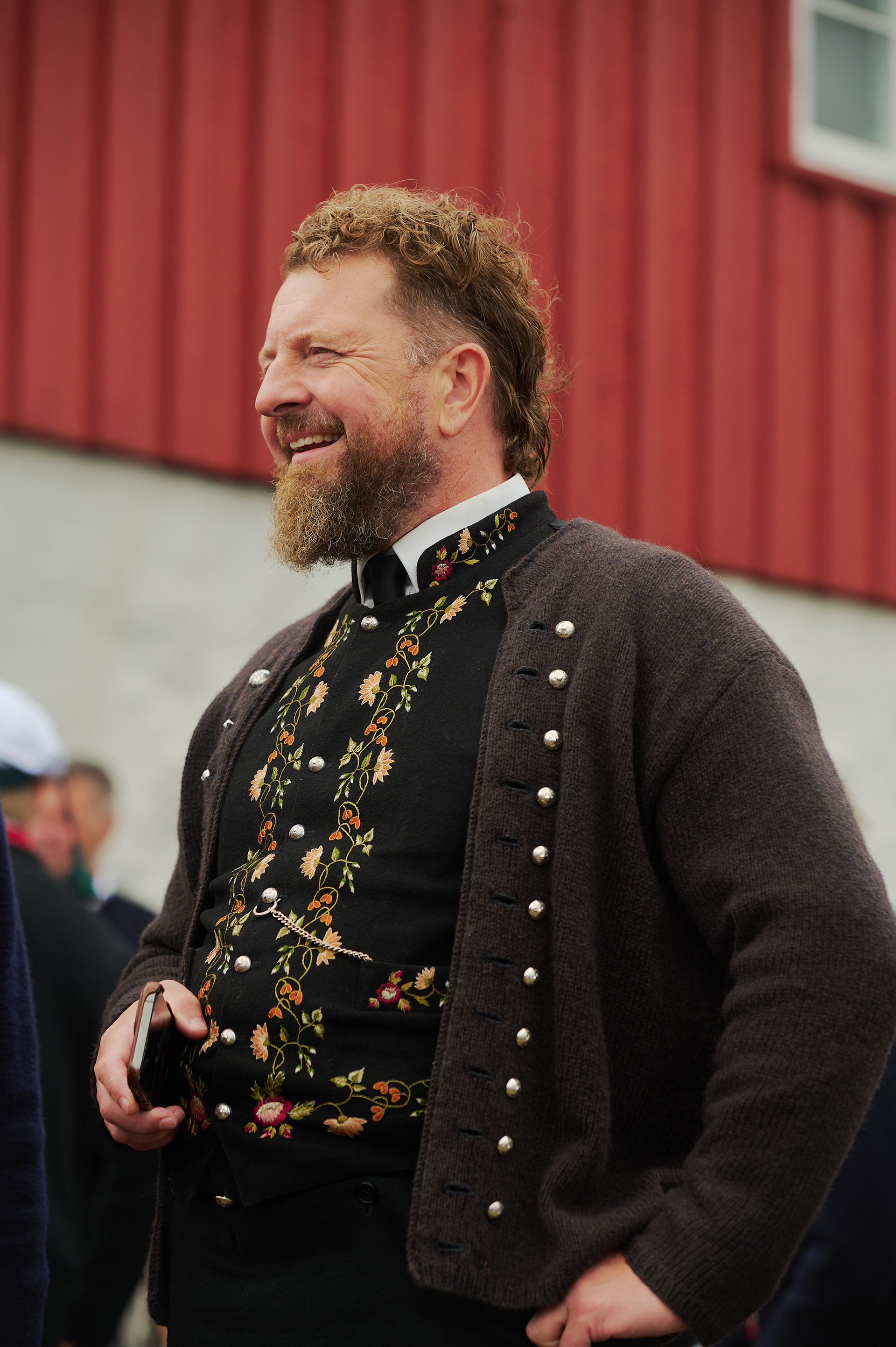
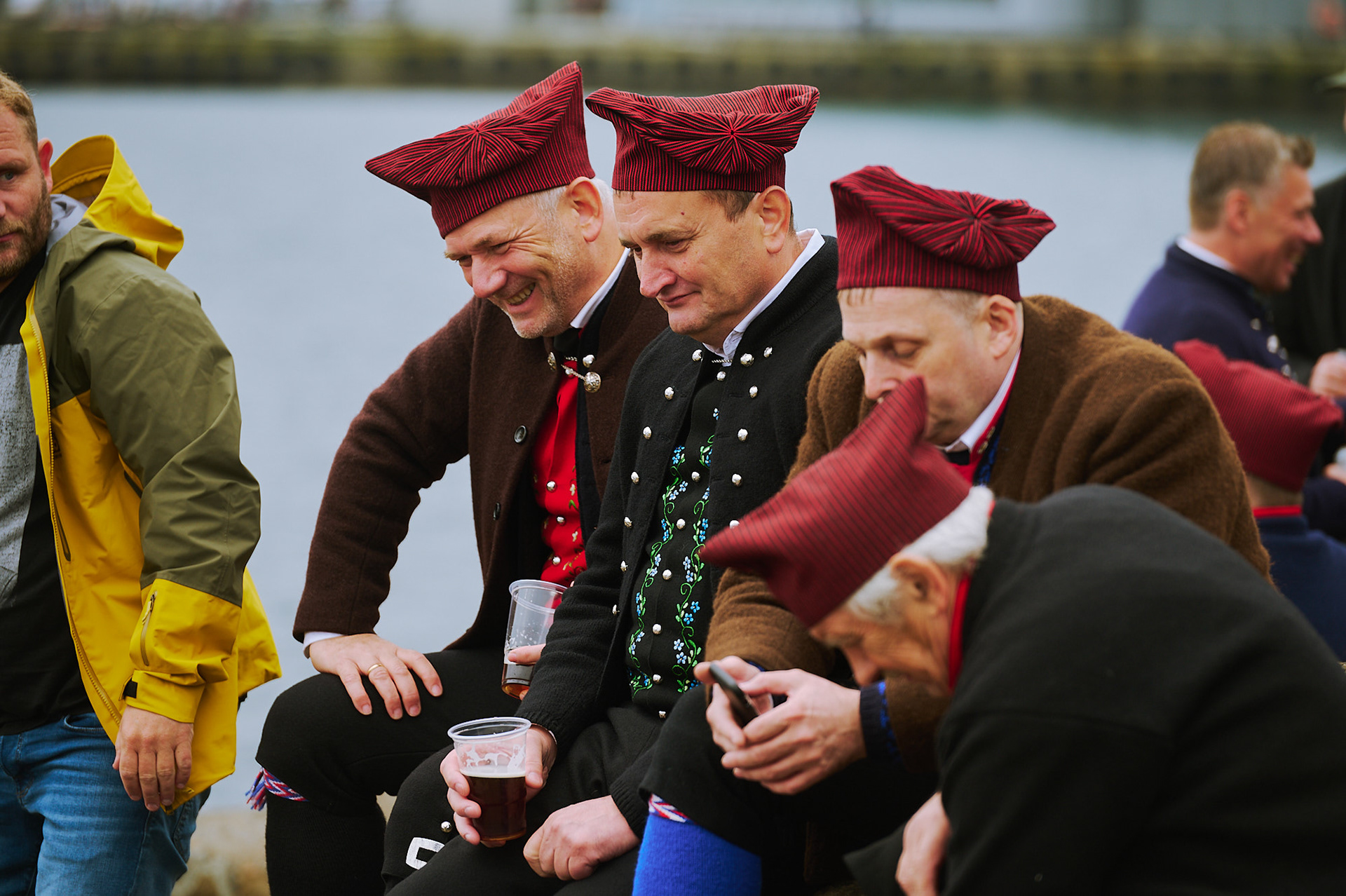
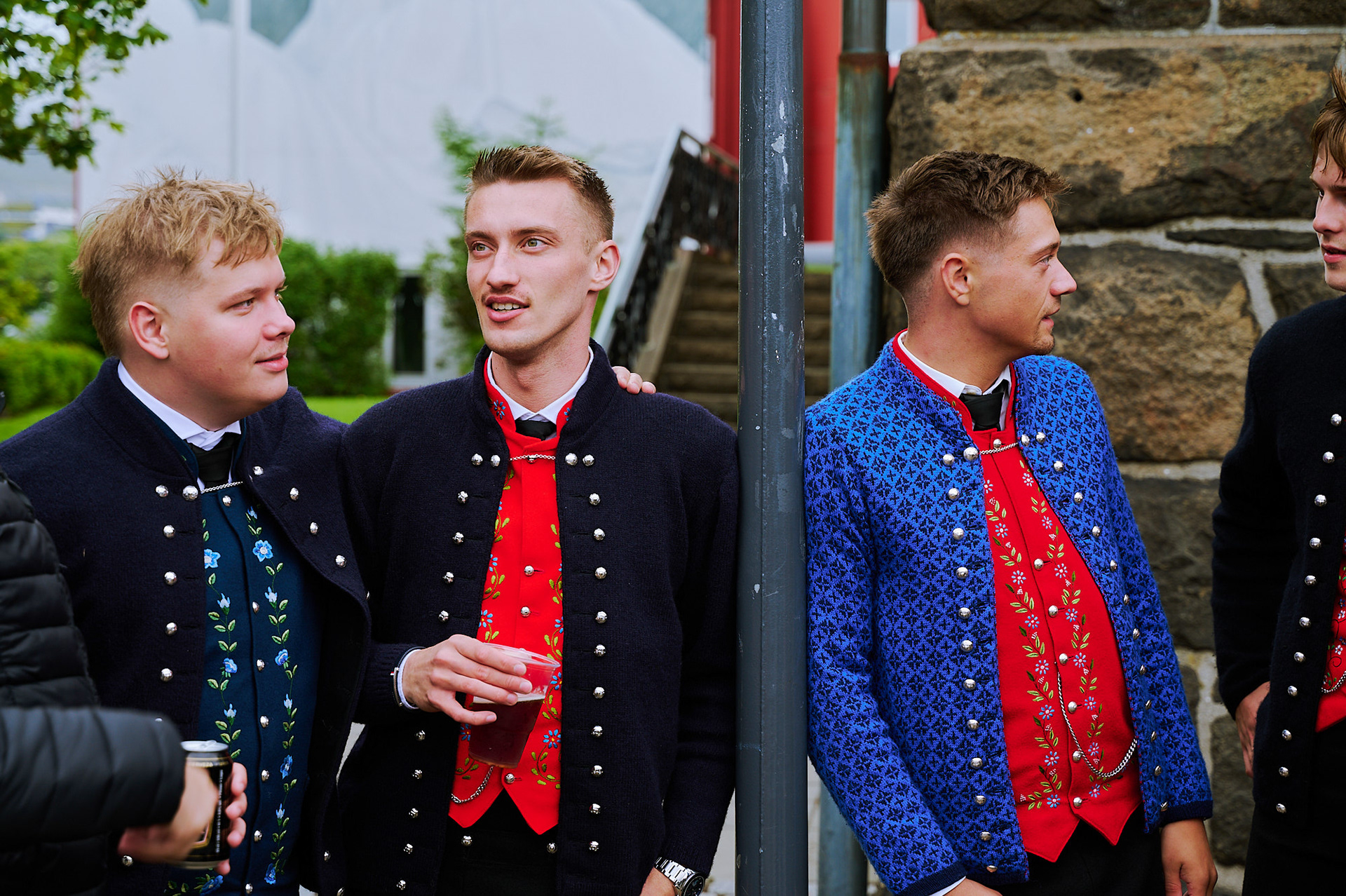
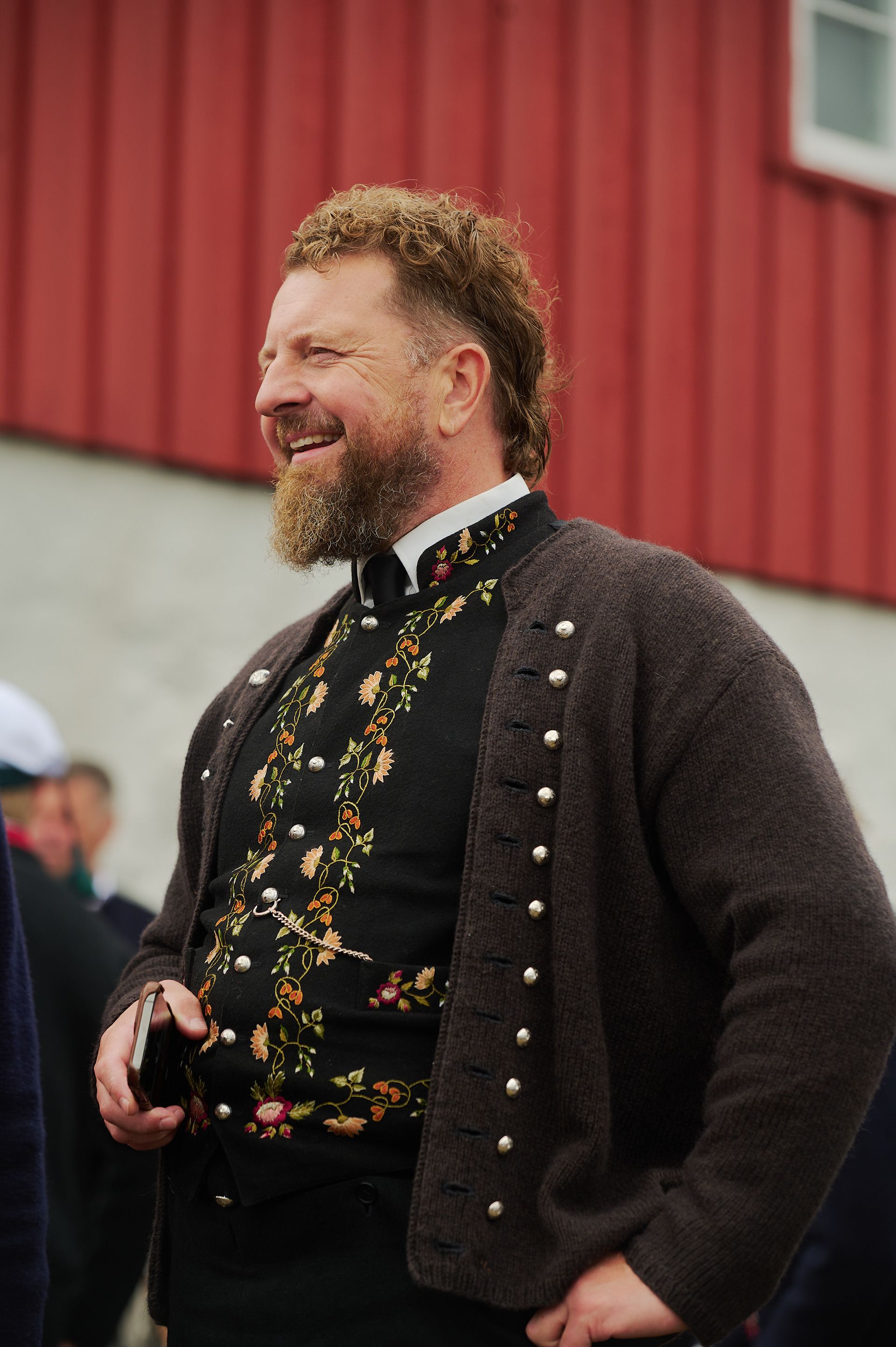
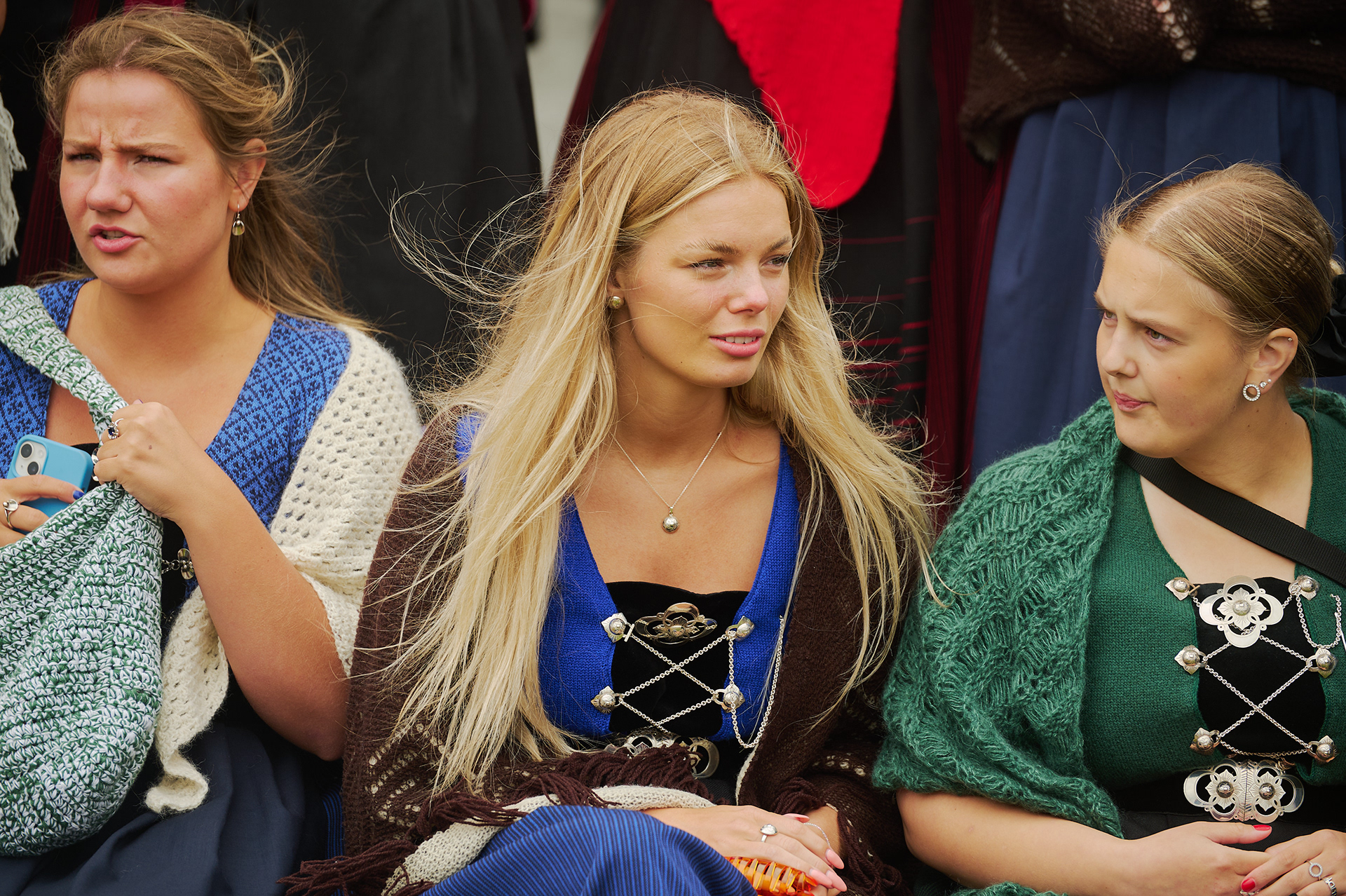

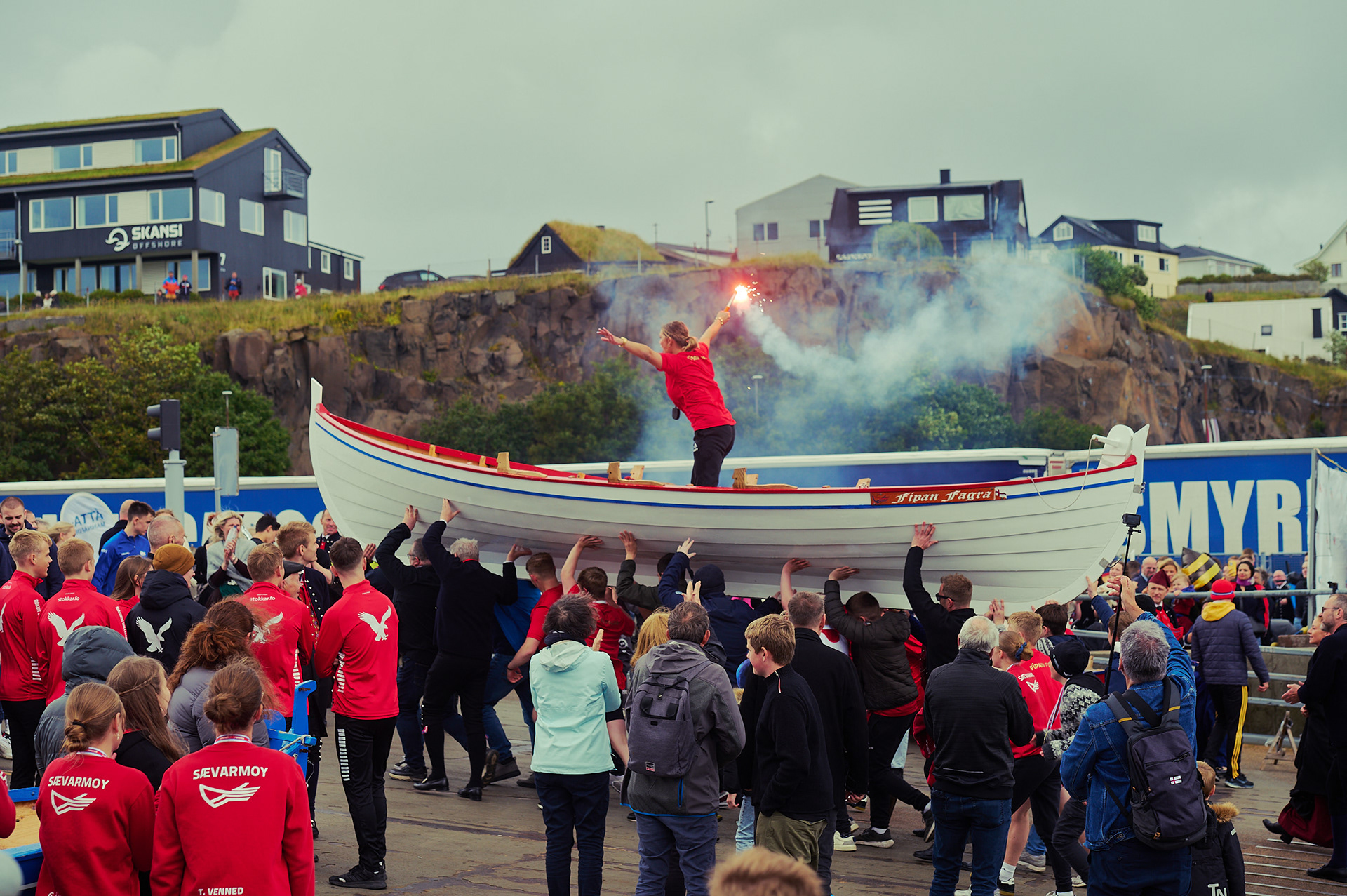
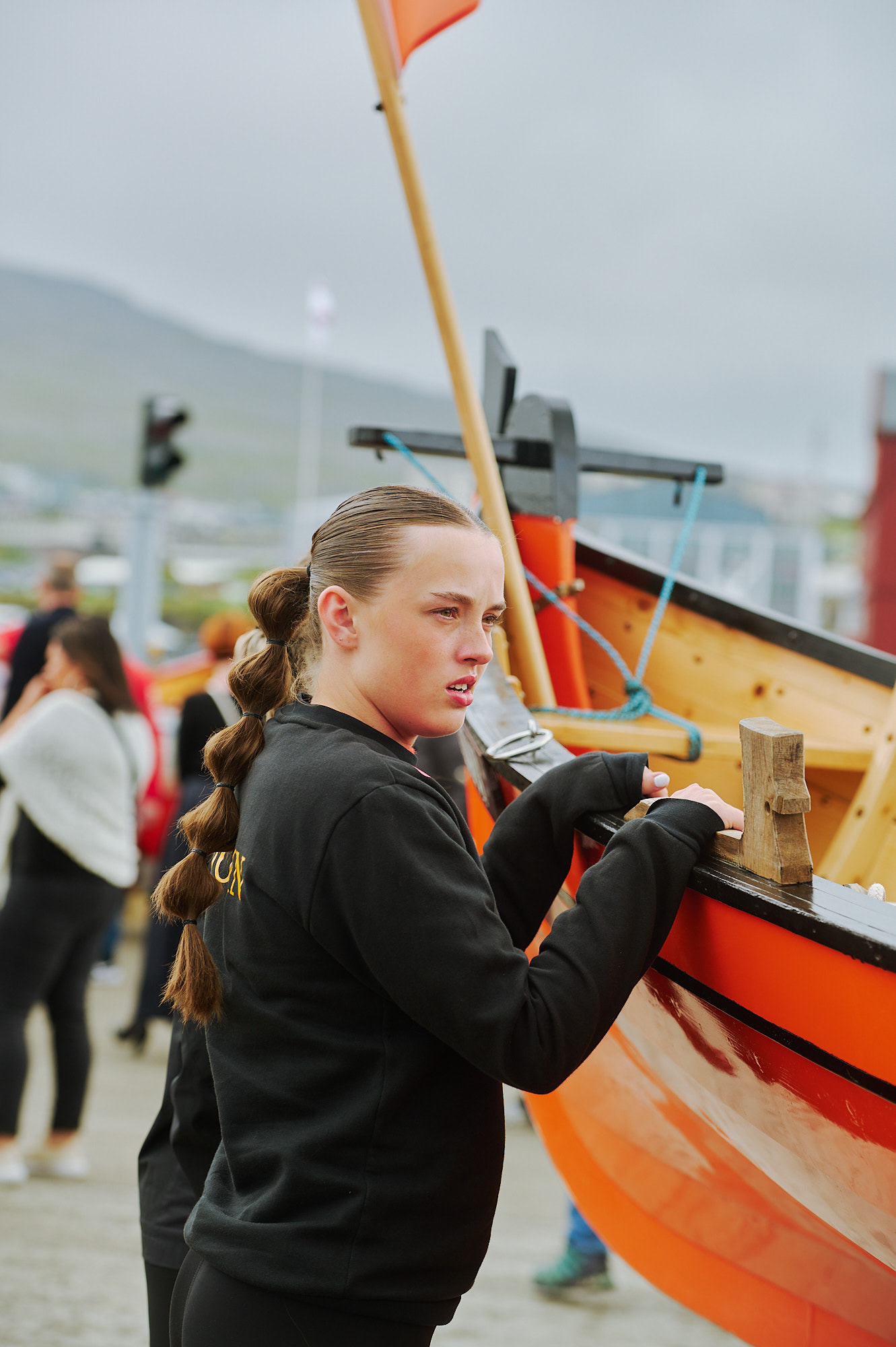
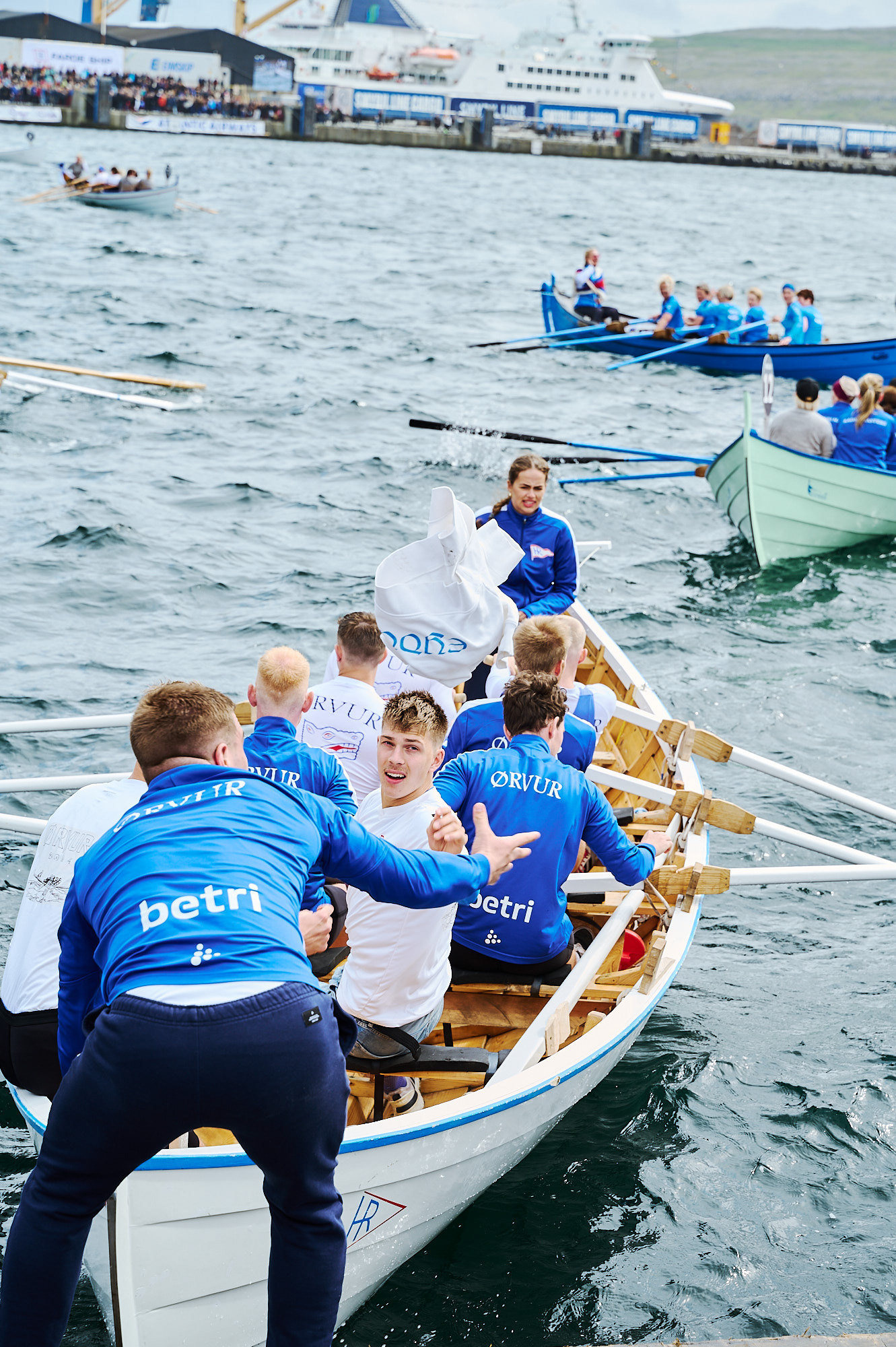
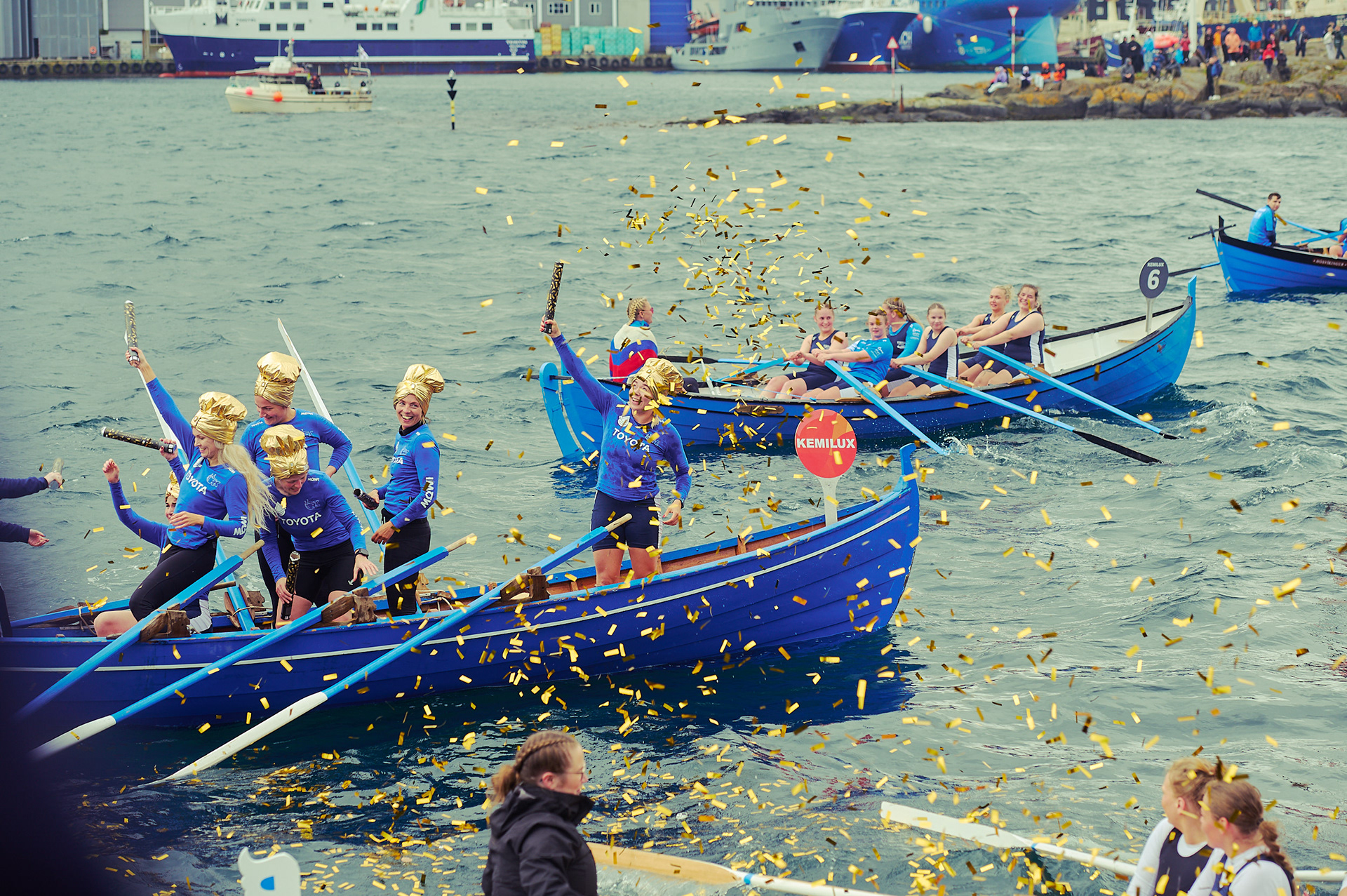
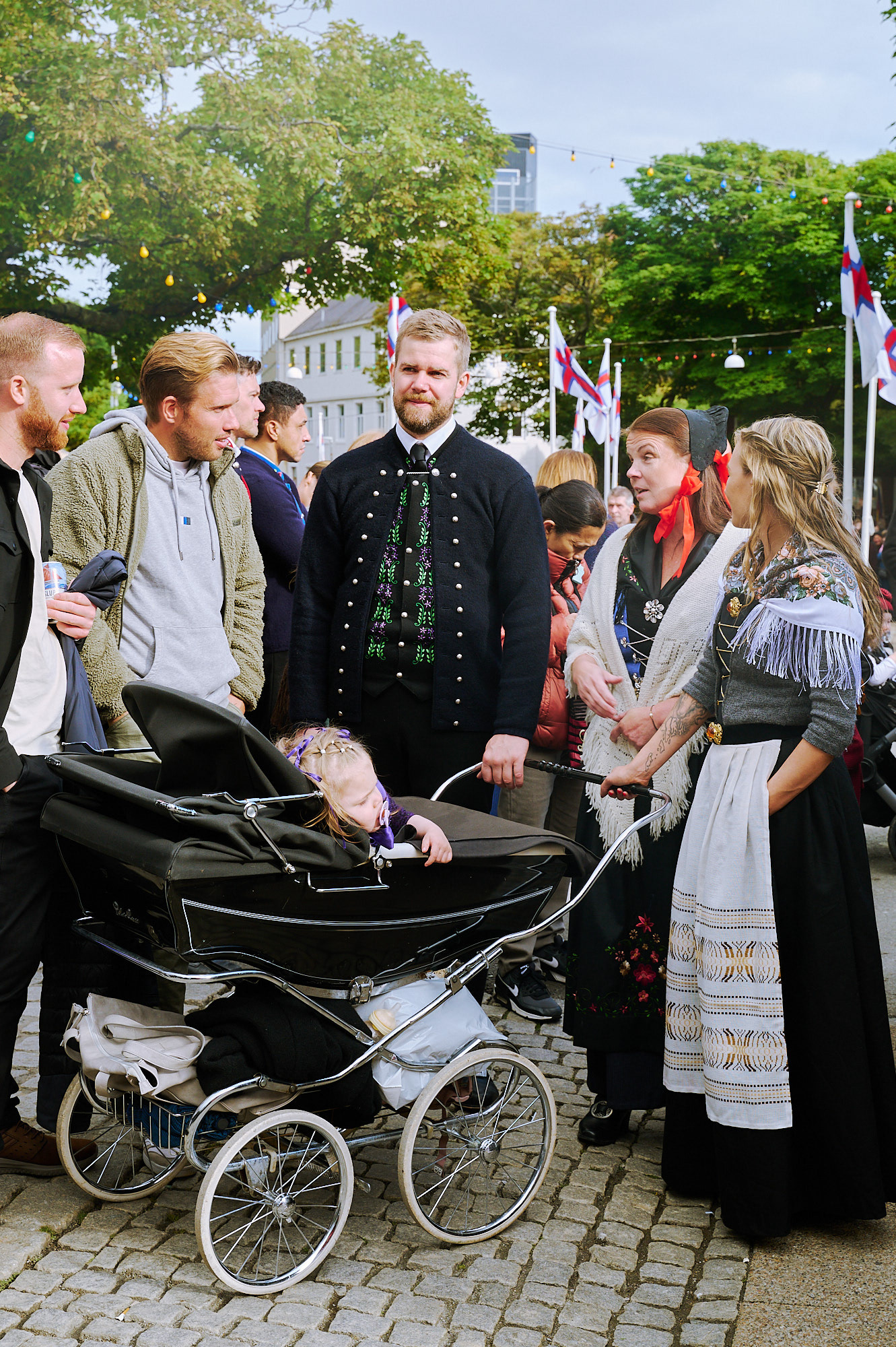
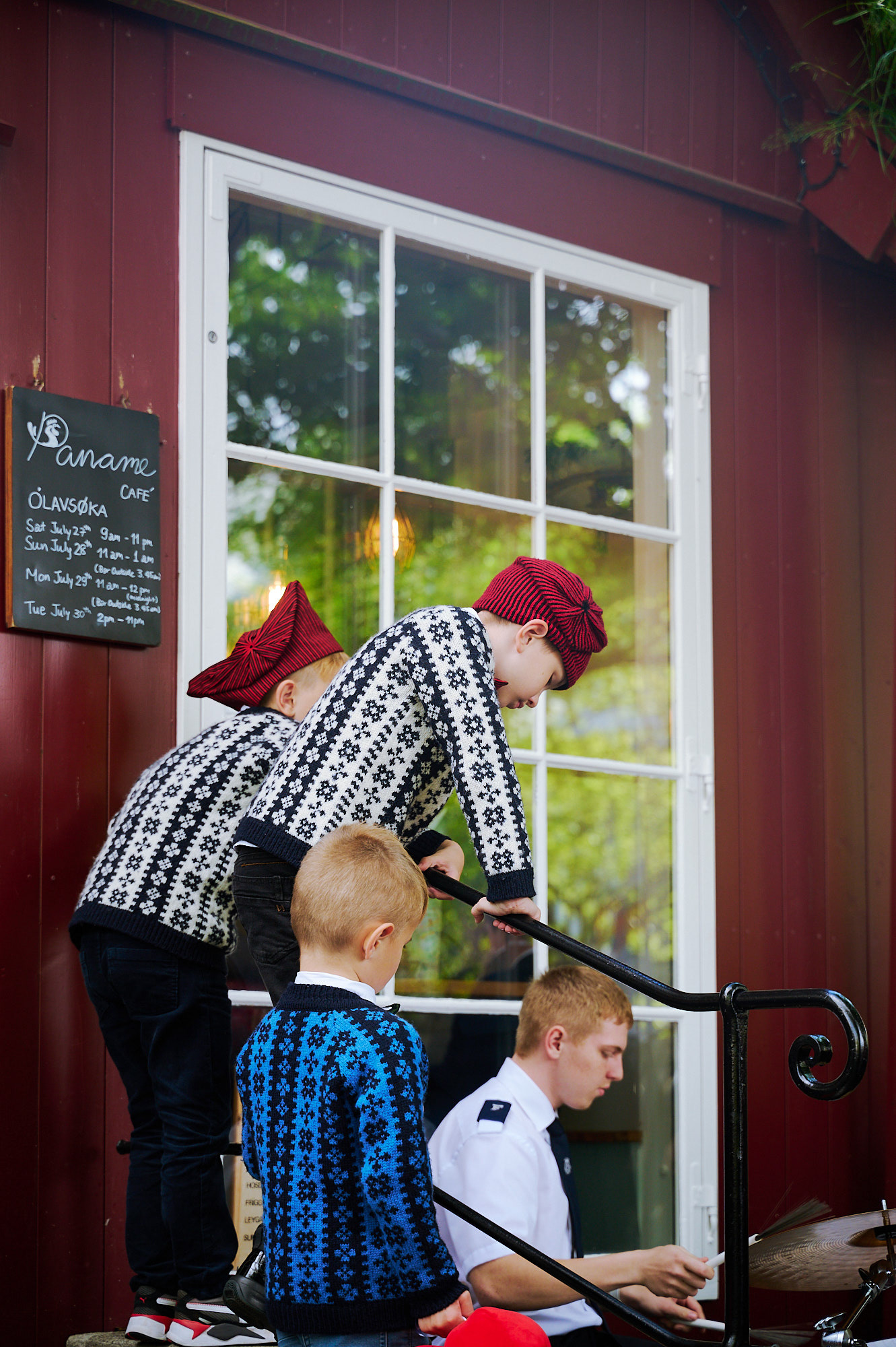
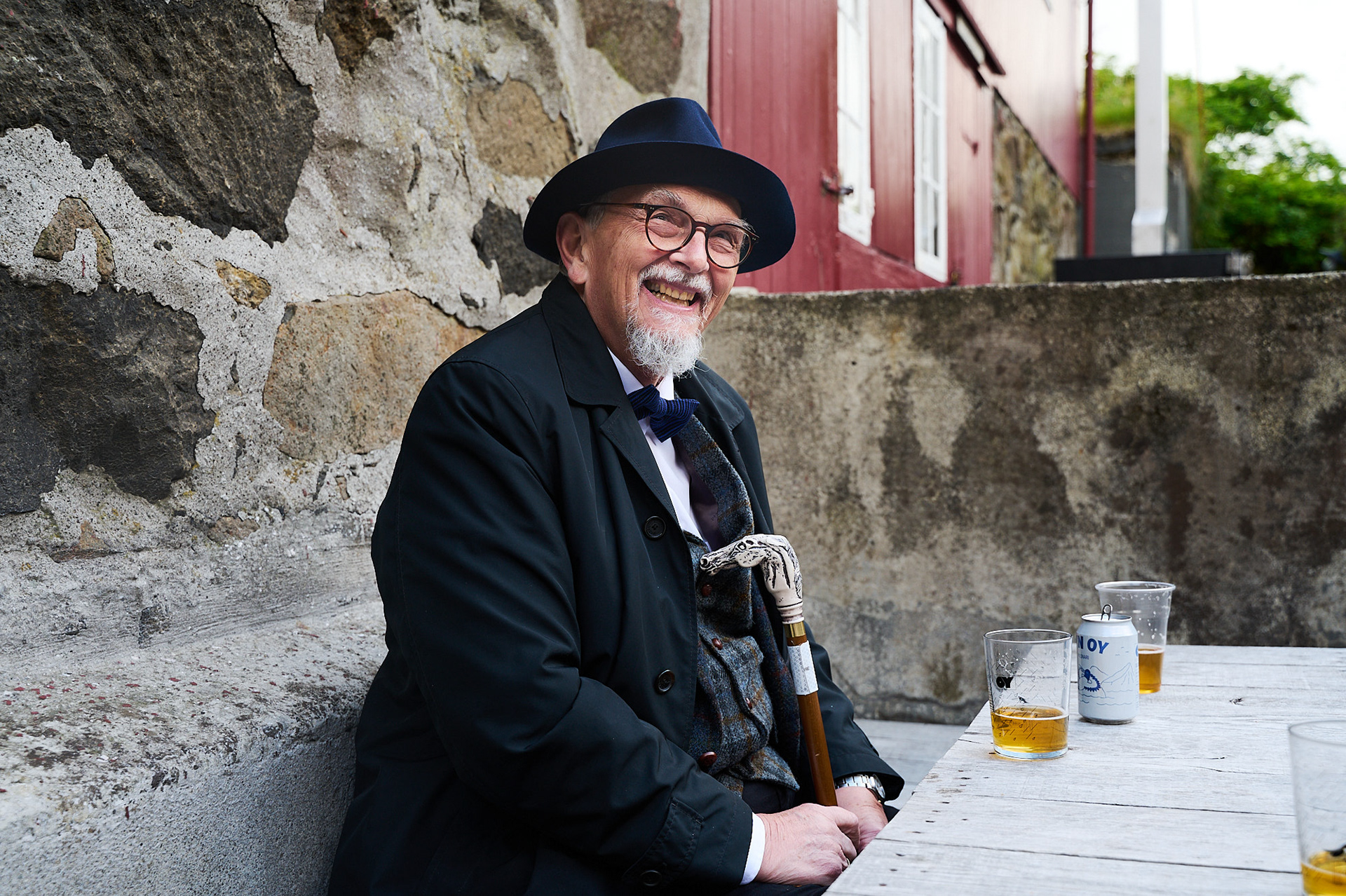
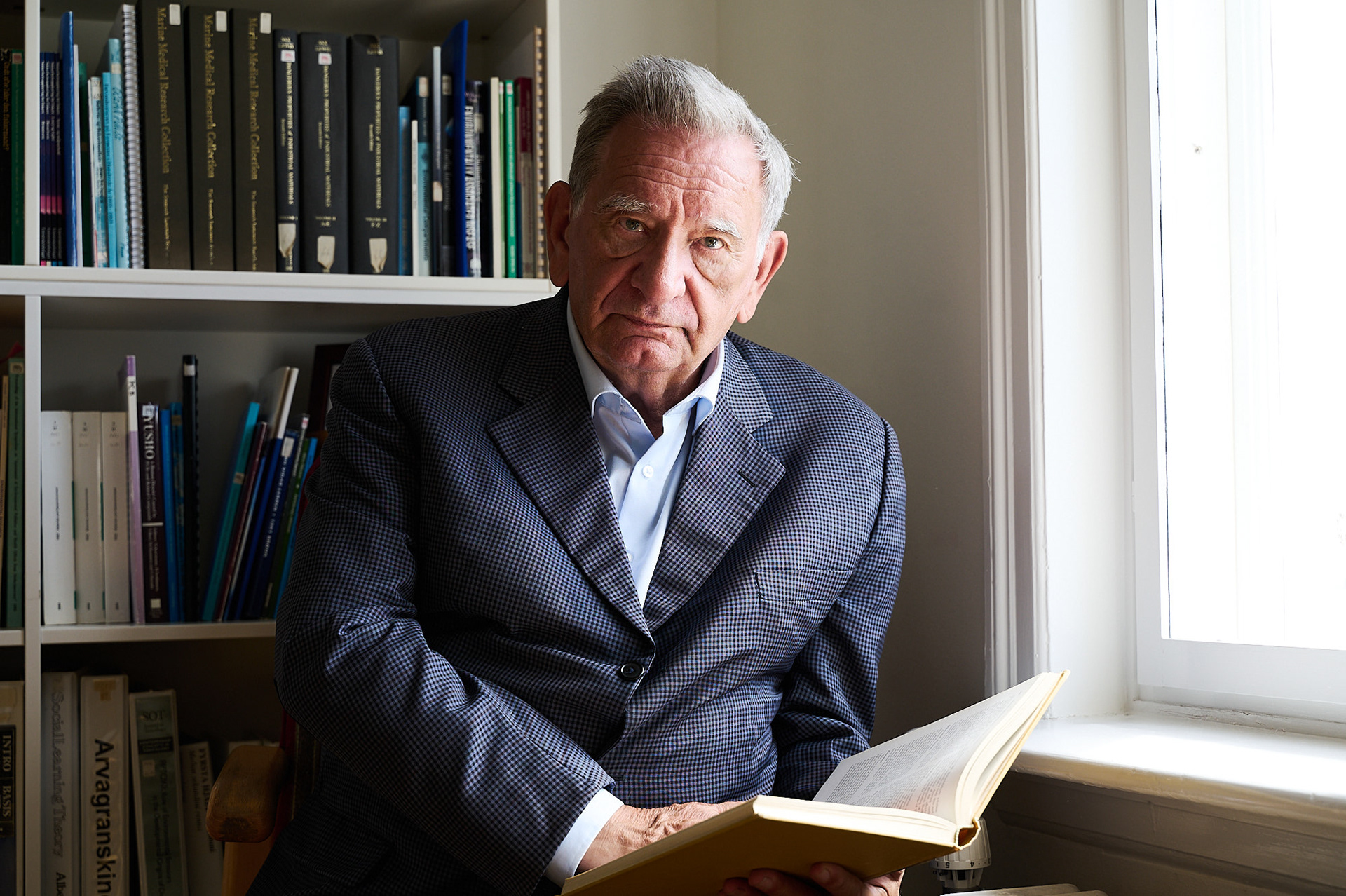
Jóan Pauli Joensen is Professor of Ethnology and Culture History at the University of the Faroe Islands. He has written numerous articles in scientific periodicals and papers, and has published several books related to Faroese culture history and traditions, one of that is "Pilot Whaling in Faore Islands"
Pál Weihe is a medical doctor who has worked in Denmark, Sweden, and the Faroe Islands.
Pál is deeply committed to serving his community through his medical care and research on minimizing exposures to marine contaminants.
Although he was raised in the culture and enjoyed eating the traditional diet since his childhood, in recent years Pál has made it his mission to change the minds, hearts, and tastebuds of his fellow Faroese. In a society that has traditional and sustainably harvested whales and seabirds for generations, his people are now at heightened risk of health complications caused by methyl-mercury contamination.
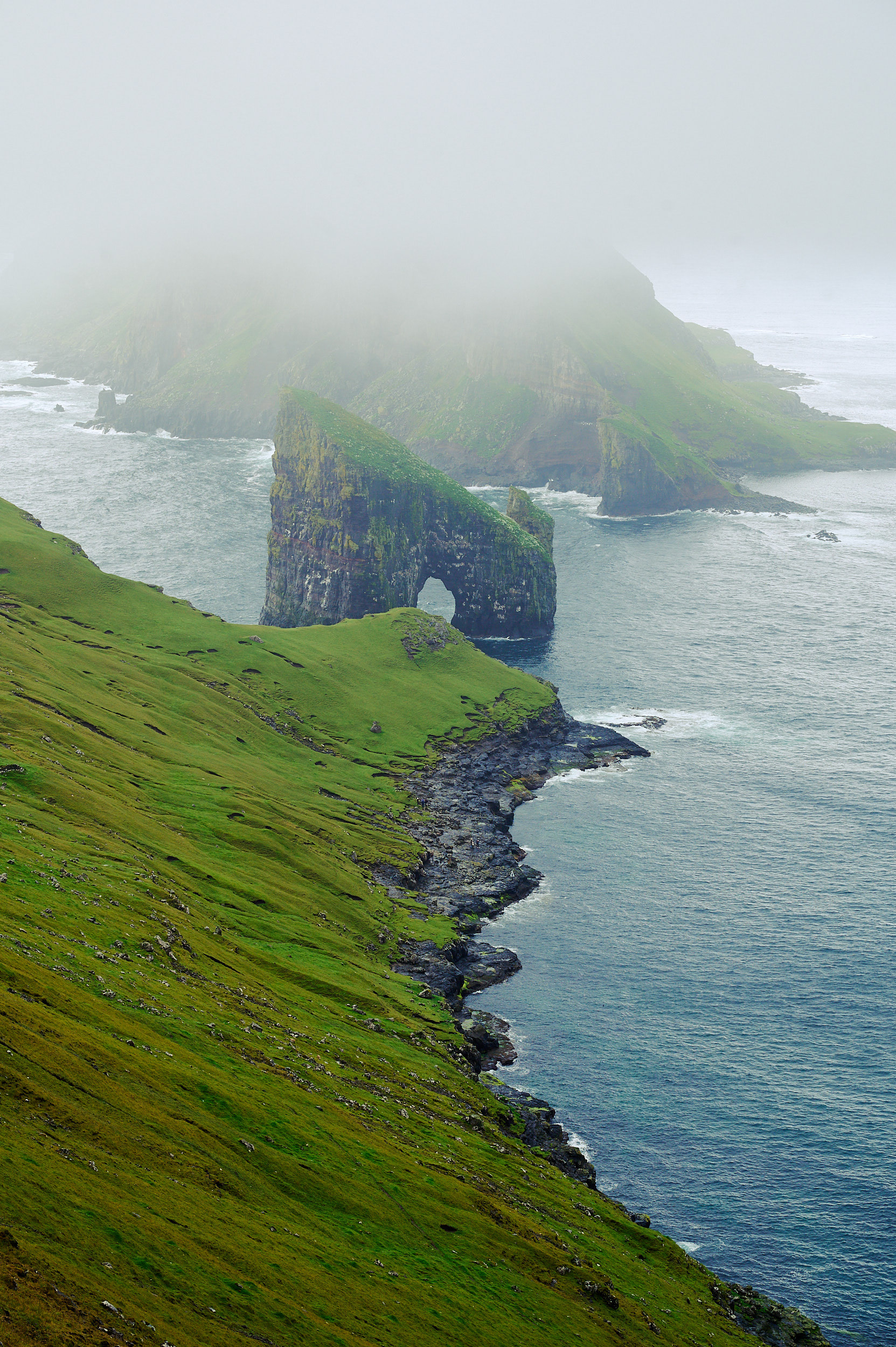
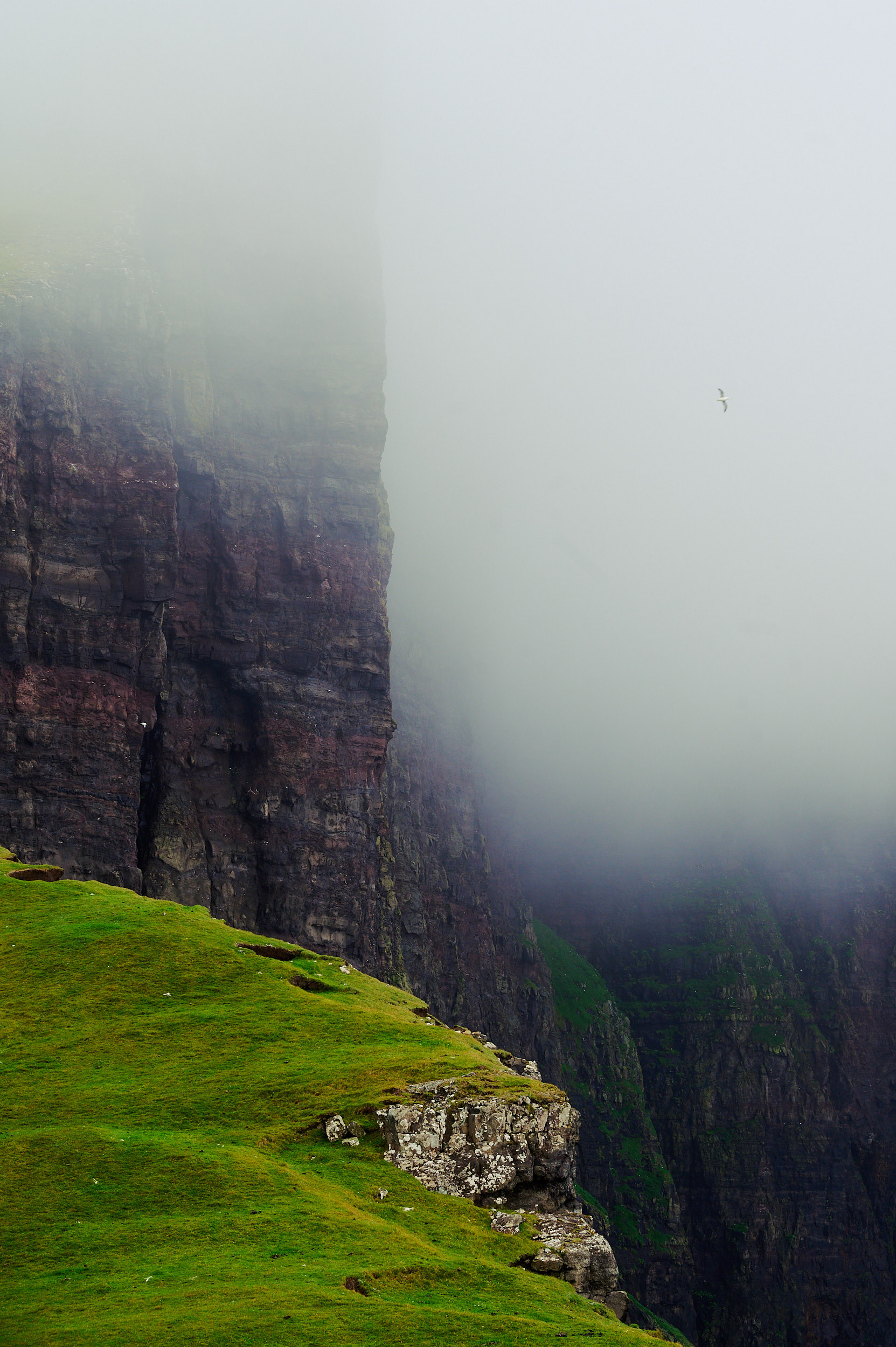
info & collaboration : lauu.marchini@gmail.com
